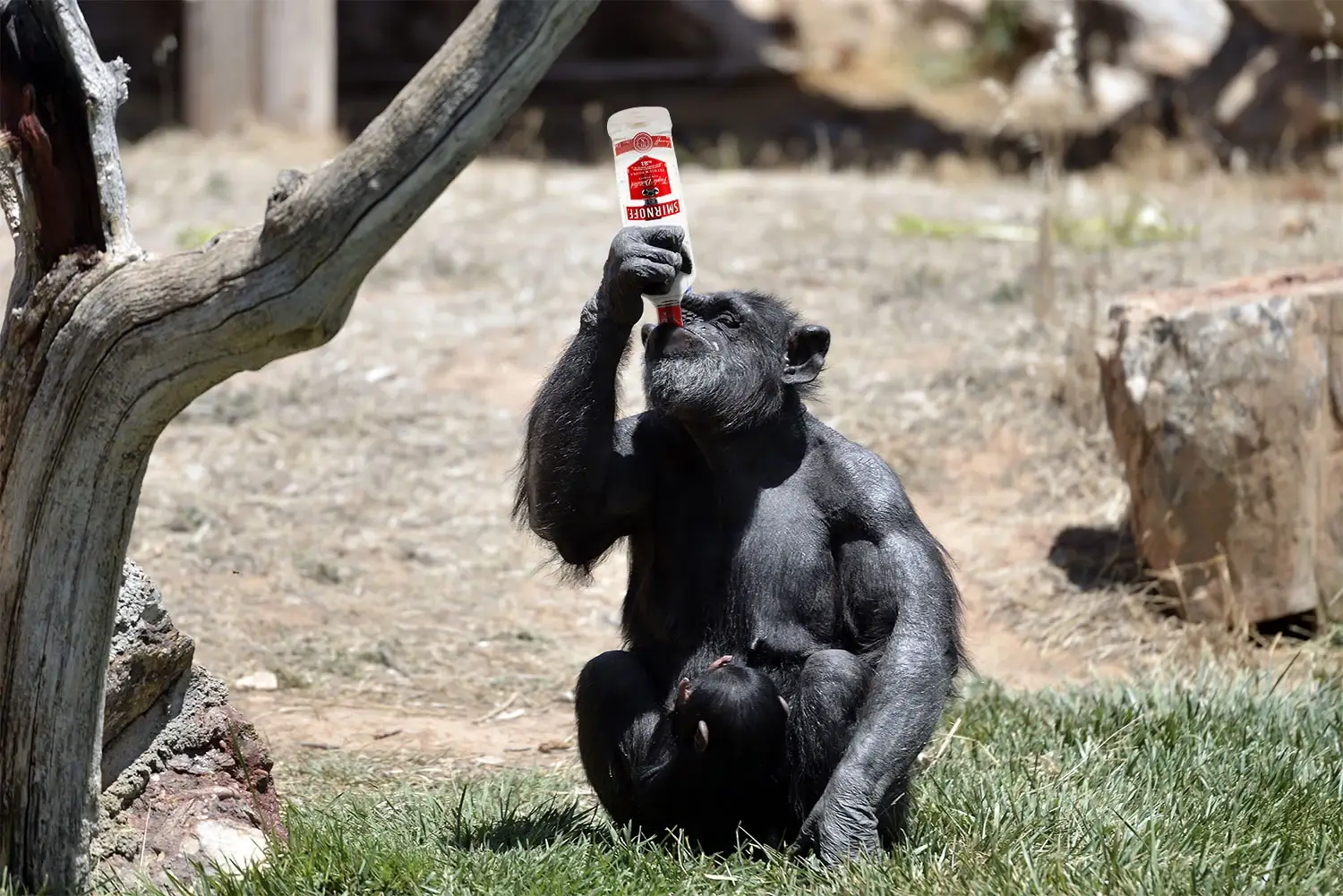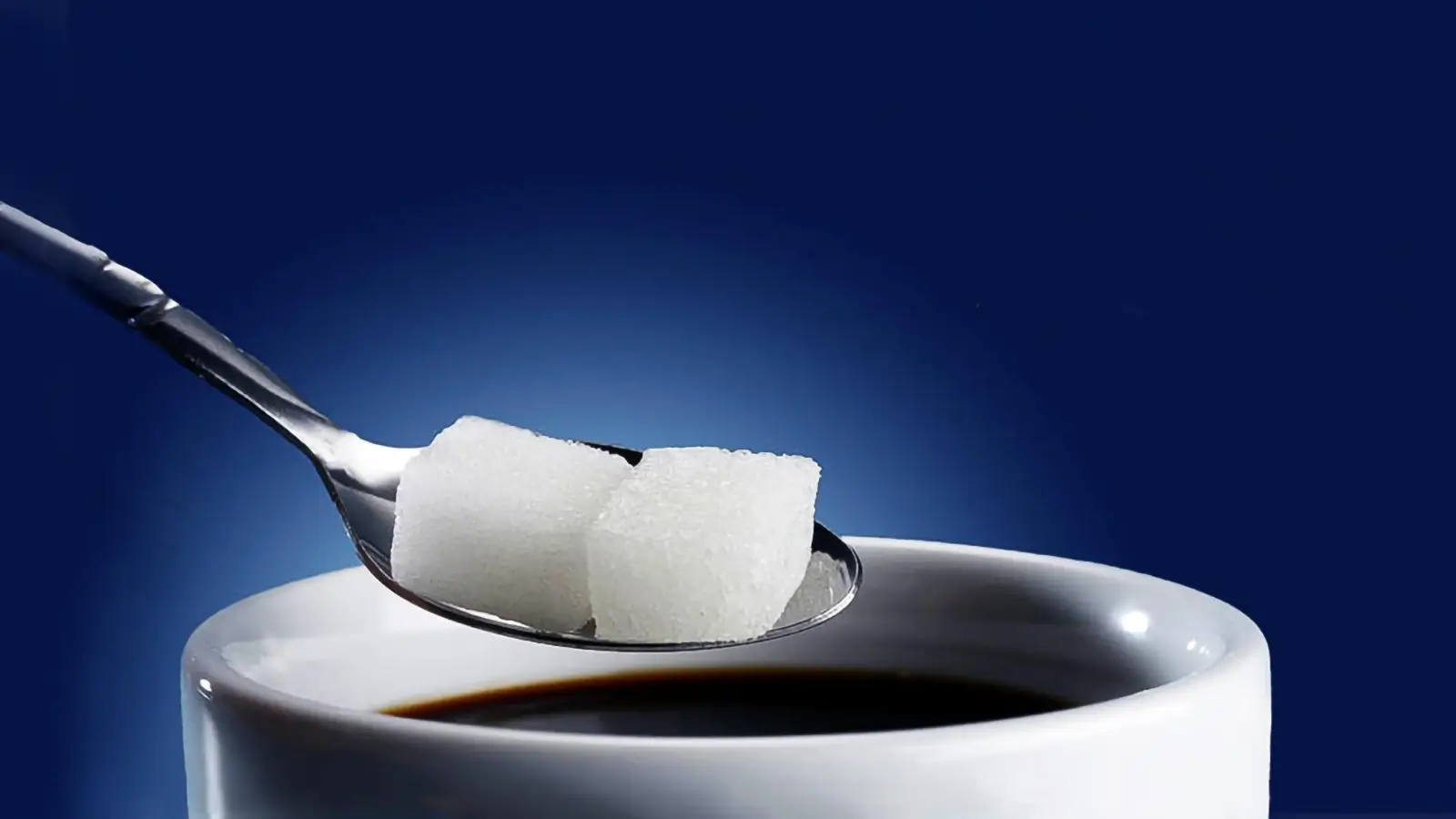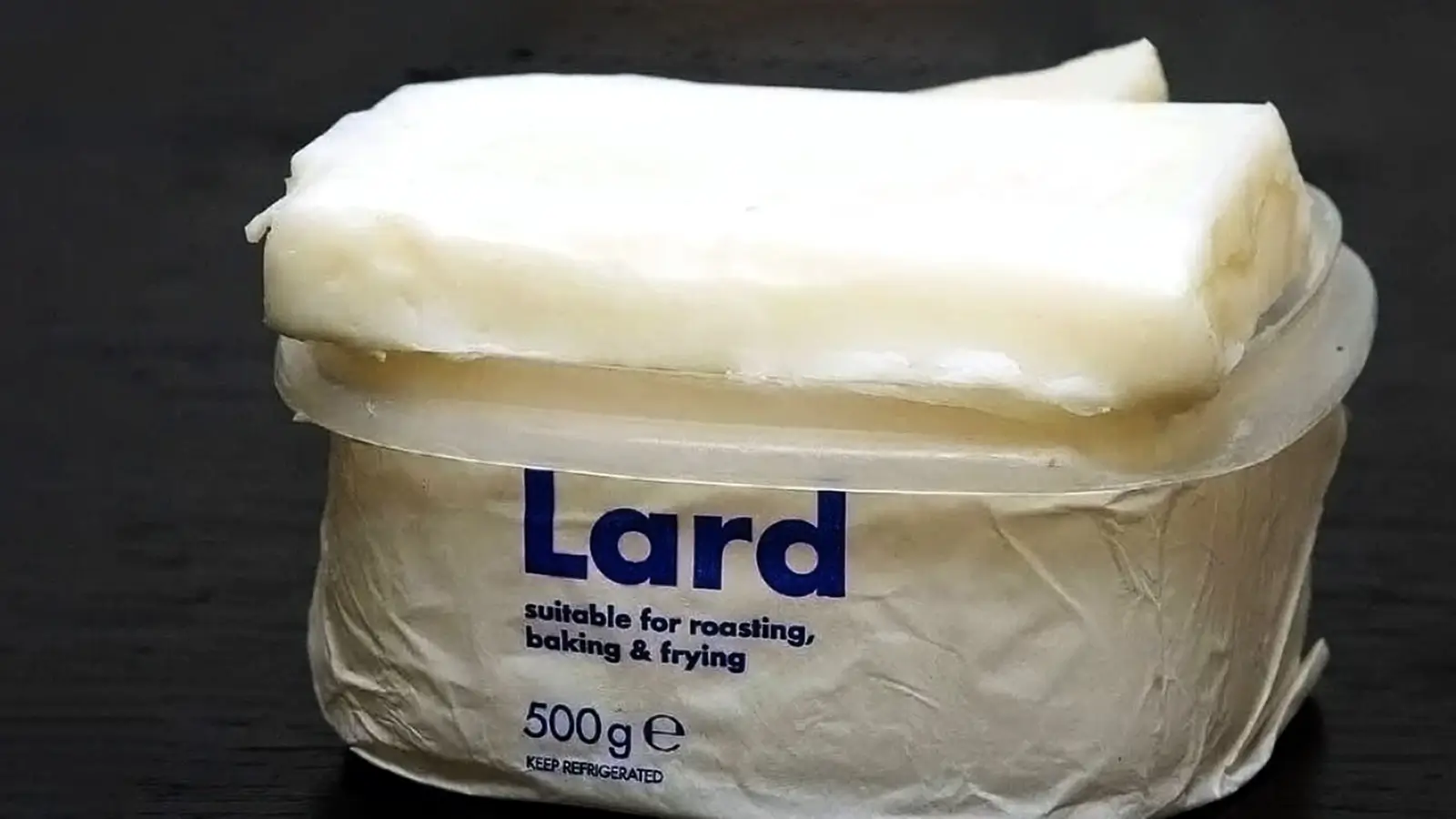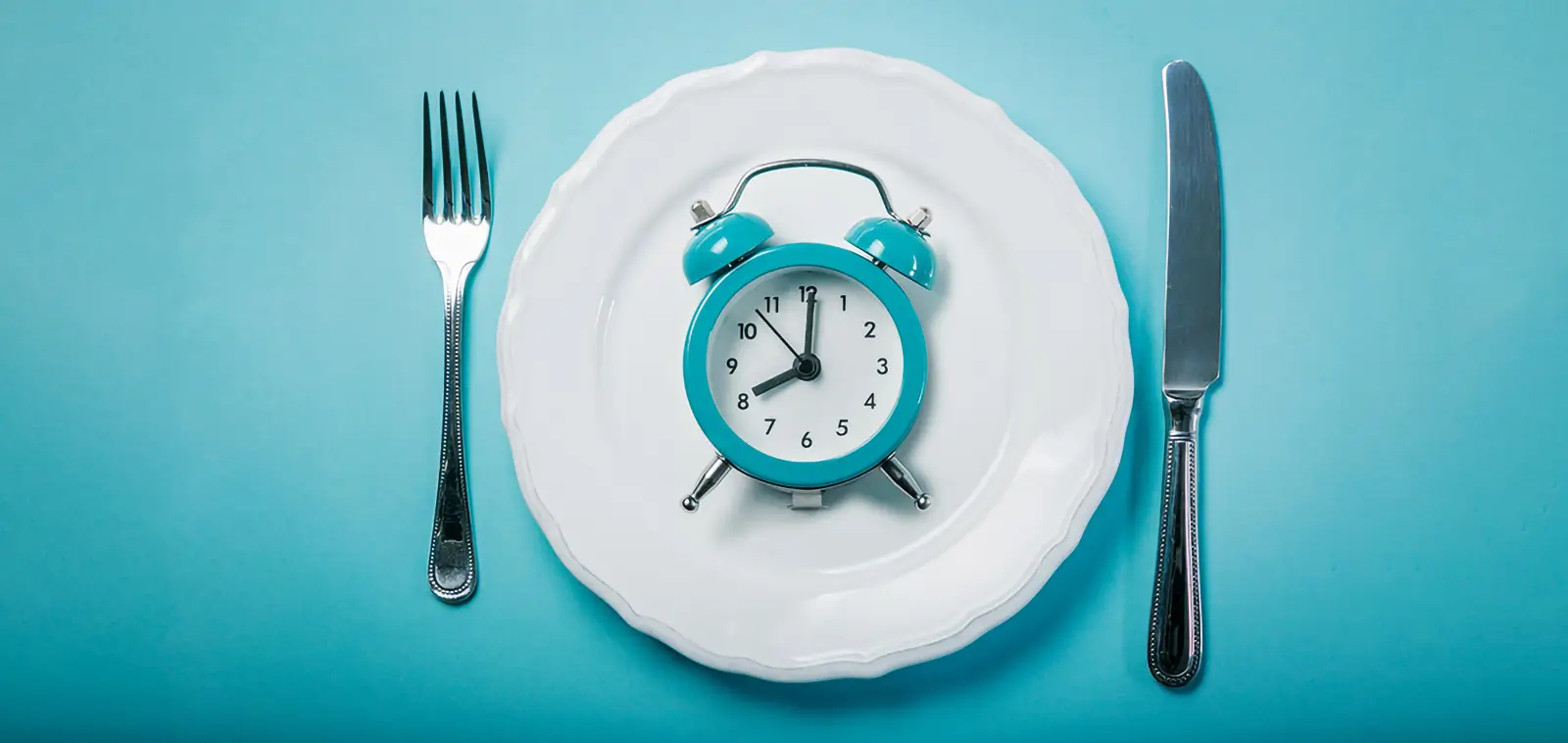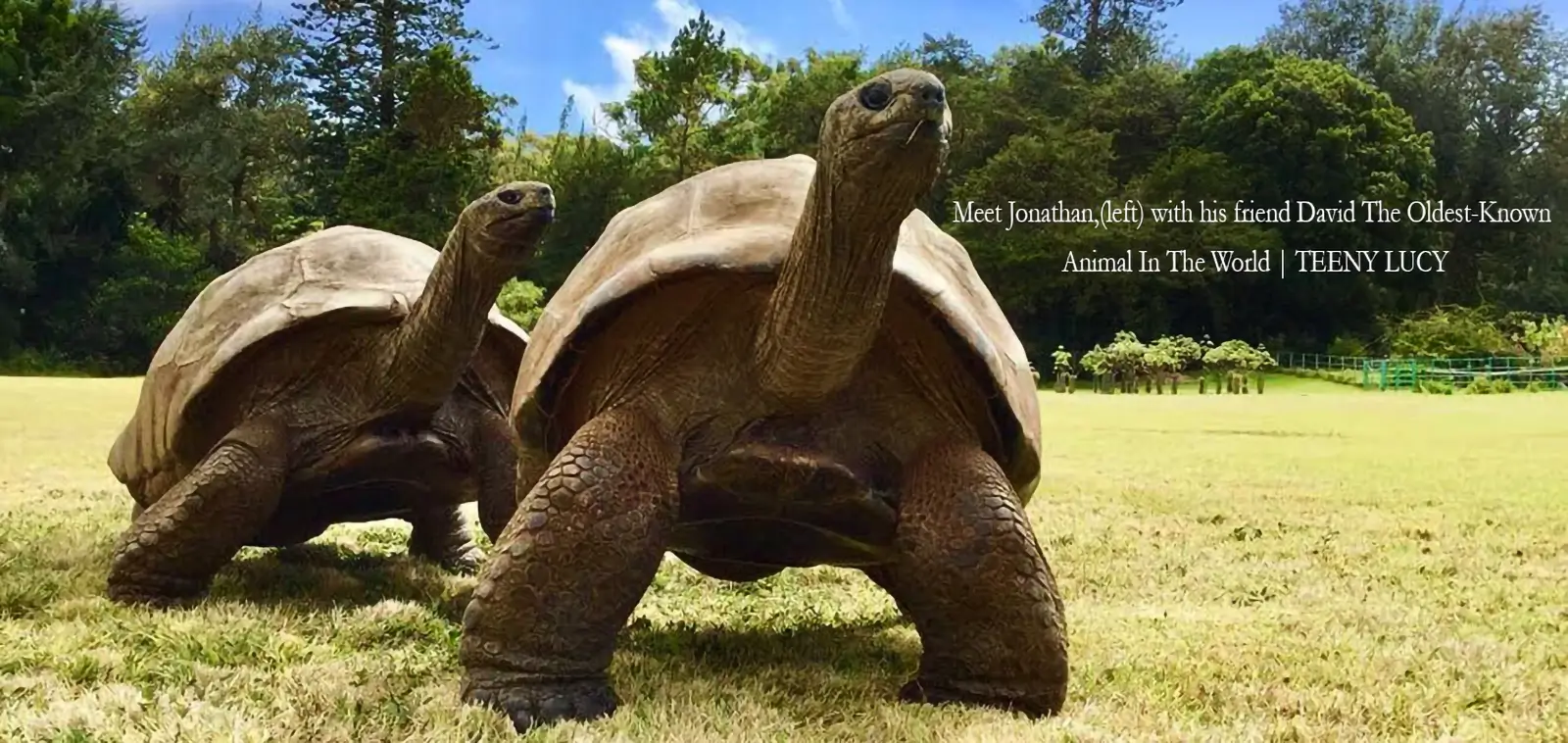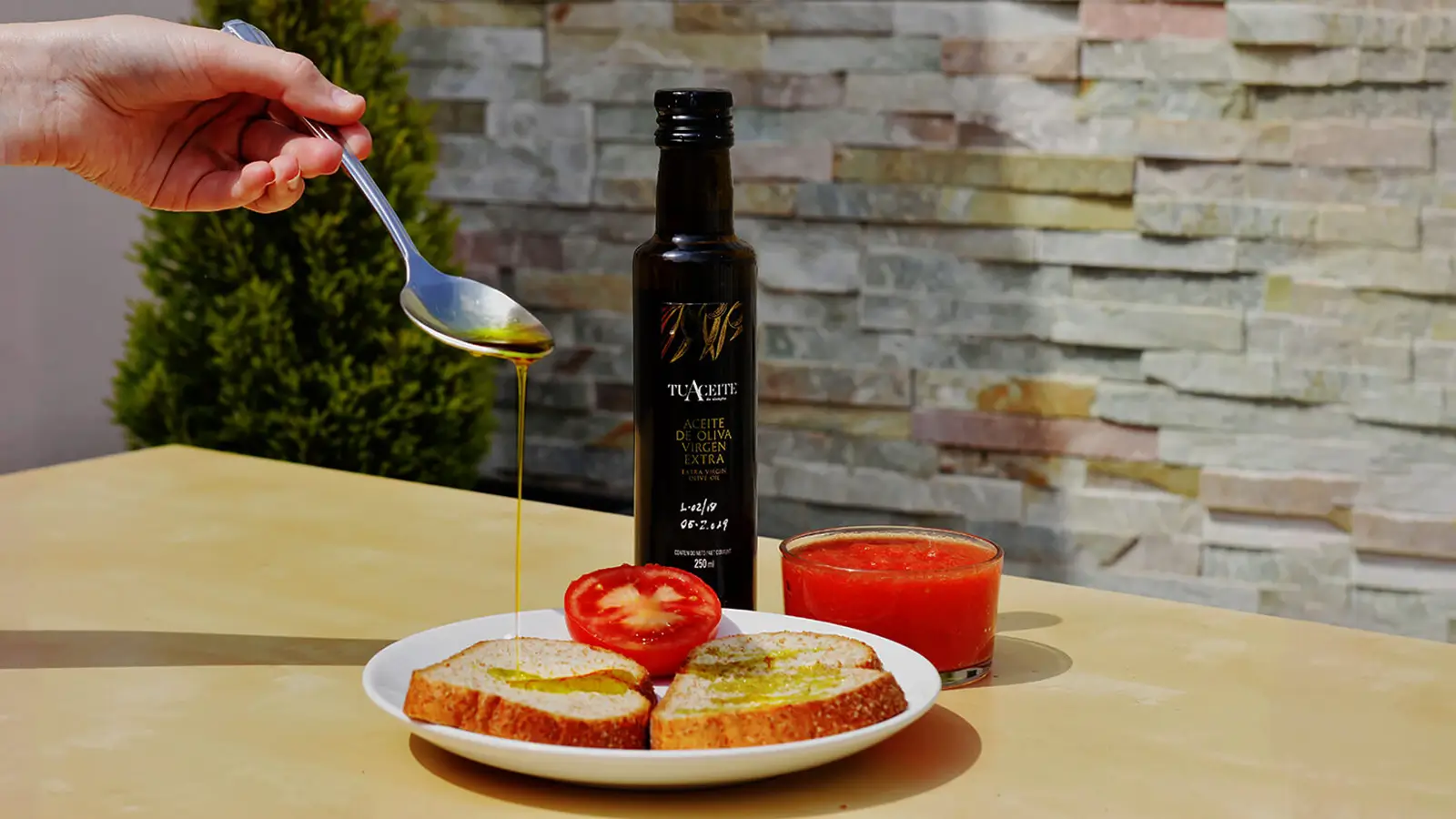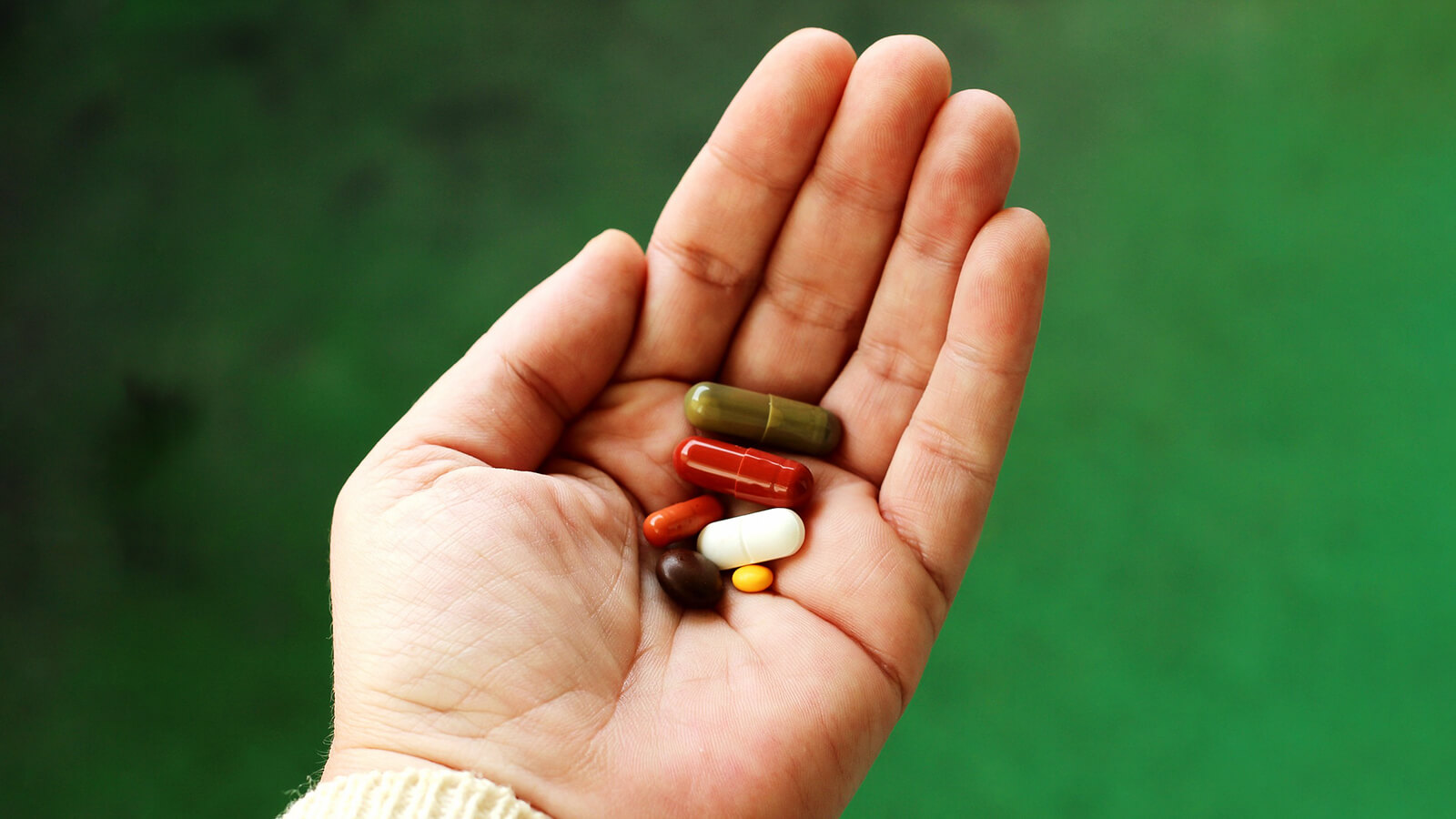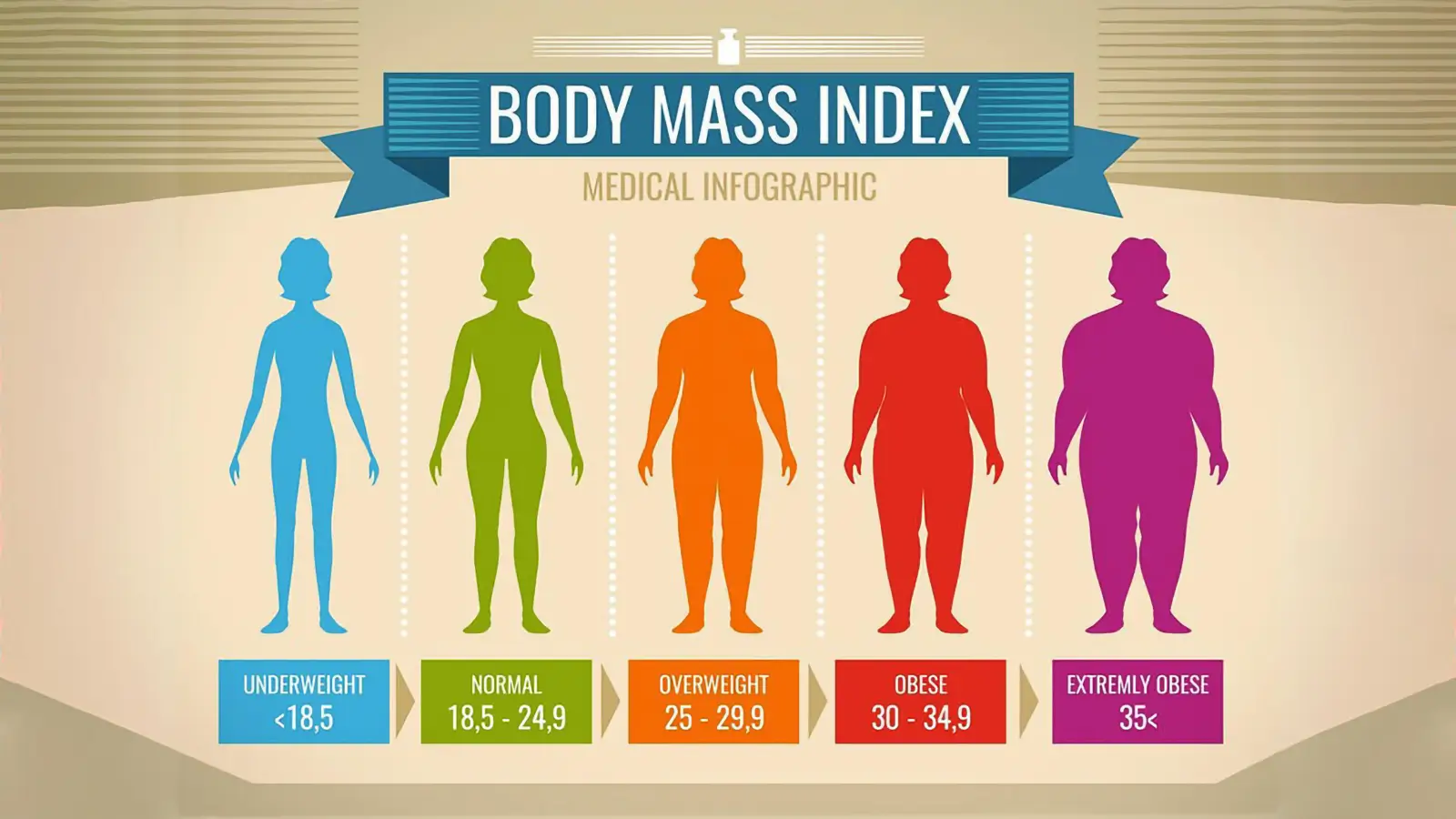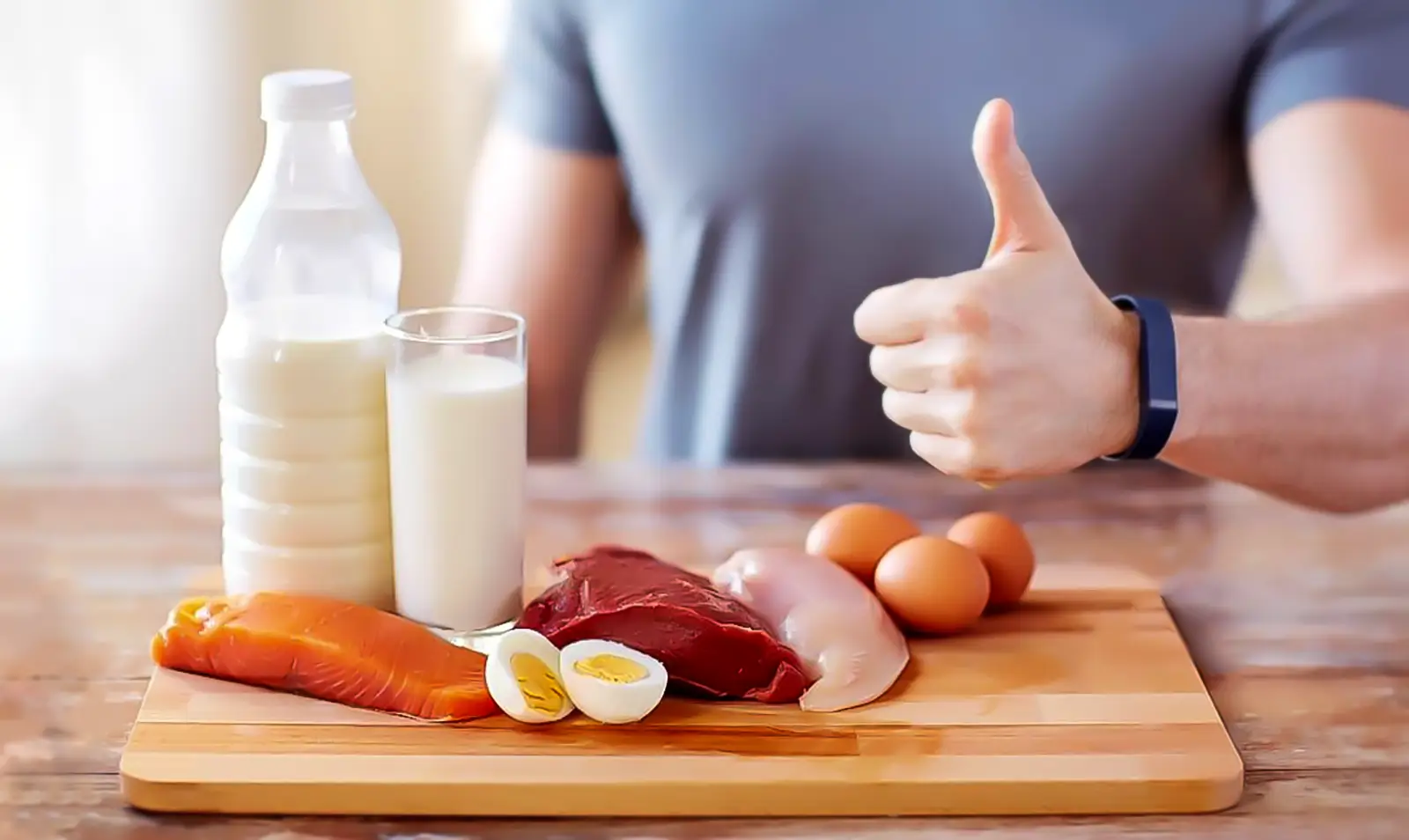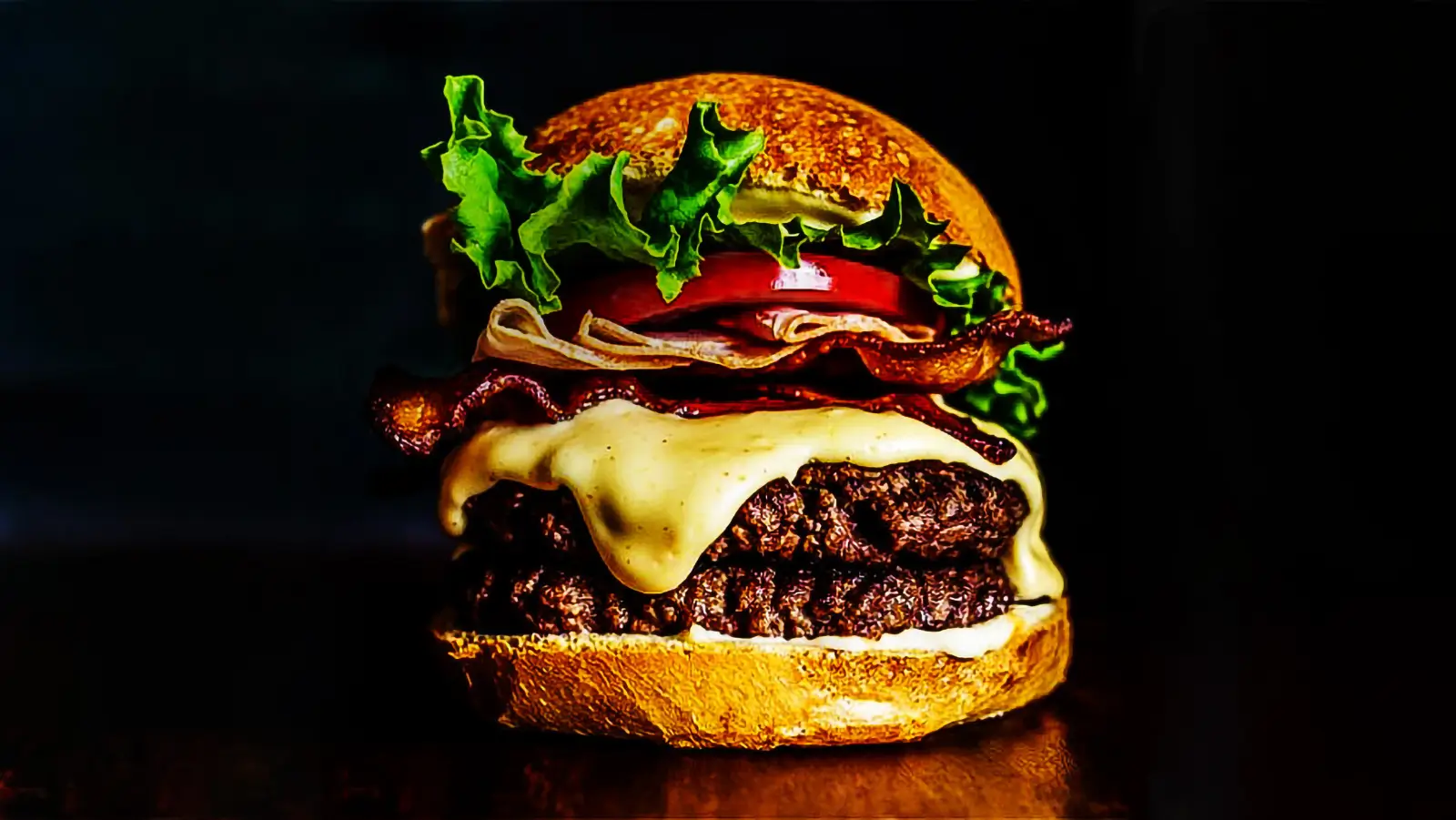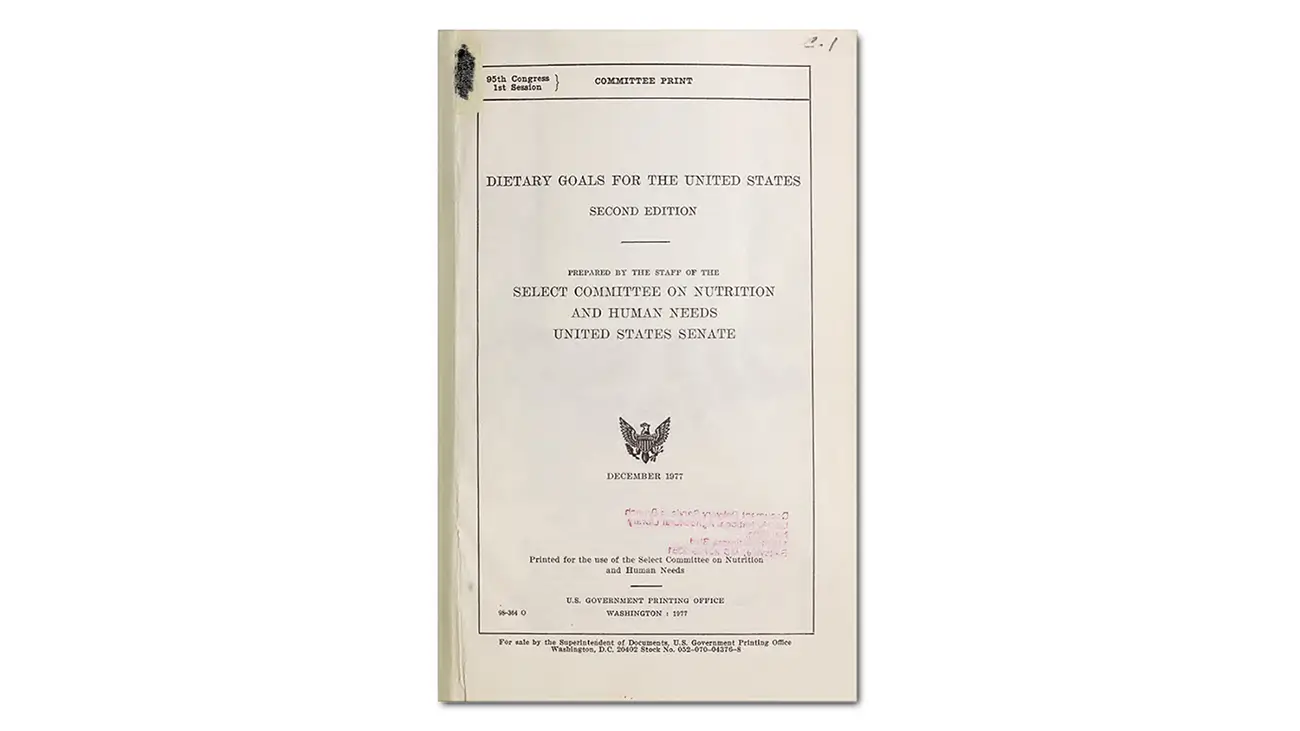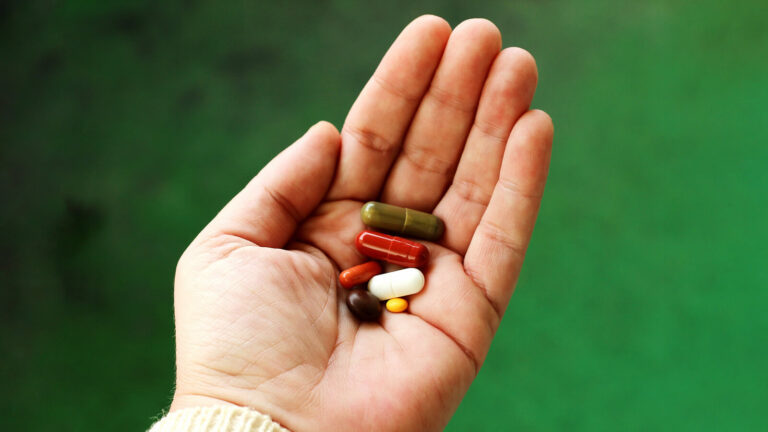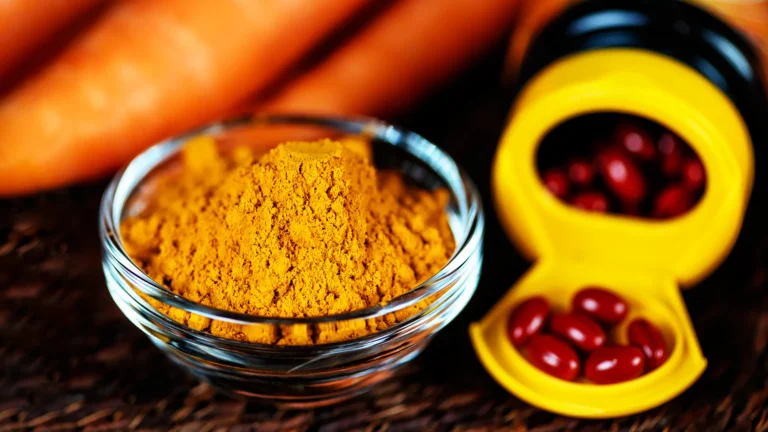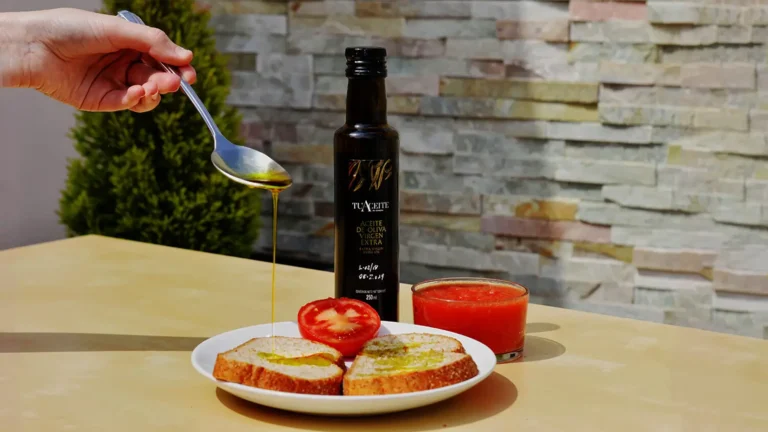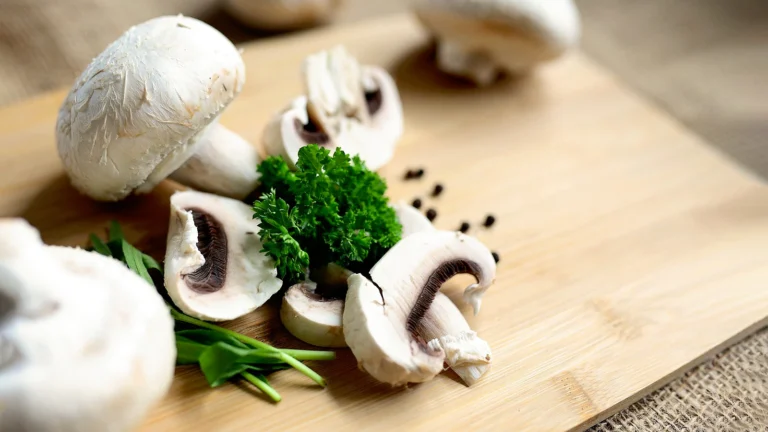QUE orientações dietéticas - Nova pirâmide alimentar e a supressão da ciência
As directrizes dietéticas da OMS recomendam uma dieta pobre em gordura saturada (proteína animal), açúcar e sal e rica em frutas e vegetais como um requisito para combater o aumento epidémico de doenças crónicas em todo o mundo.
Milos Pokimica
Escrito por: Milos Pokimica
Revisto Clinicamente Por: Dr. Xiùying Wáng, M.D.
Atualizado a 13 de setembro de 2023Já se pode ler tudo sobre ciência da nutrição aqui no meu blogue, mas as pessoas não se apercebem que há apenas várias décadas atrás era heresia até falar da pandemia da obesidade e de quanto é mau exactamente processar os alimentos. E é um problema global agora.
Uma dieta ocidental com açúcar, farinha branca, produtos animais, gordura, etc., tinha substituído feijões, sementes, nozes e grãos inteiros. A promoção de alimentos saudáveis como o feijão não vai bem com as grandes empresas.
Não se trata mais apenas das grandes empresas de tabaco, mas também das grandes empresas de refrigerantes, fast food e assim por diante... Todas essas indústrias protegem-se usando as mesmas táticas. Algumas dessas táticas incluem lobby, ações judiciais, pesquisas financiadas pela indústria e marketing.
Em 2003, a Organização Mundial de Saúde divulgou um projecto de relatório delineando a estratégia global e as novas directrizes dietéticas da OMS para abordar questões de dieta que defendem coisas que a indústria não gostava, como a redução do consumo de açúcar e gordura.
Dentro de dias, a indústria alimentar consiguió el apoyo de los altos cargos del gobierno estadounidense y dirigió una campaña contra el proyecto y la propia OMS que culminó con la amenaza del Congreso de retirar la fundación estadounidense de la OMS.
O mesmo aconteceu anteriormente quando os EUA defenderam a indústria do tabaco. No entanto, a ameaça da indústria açucareira foi considerada pelos membros da OMS como sendo ainda pior do que qualquer outra pressão anterior que alguma vez tivessem recebido. Tal como foi denunciado num memorando interno (Cannon, 2004) O governo dos EUA tinha uma lista de exigências como a supressão de todas as referências ao relatório de consulta de peritos da OMS/OMS, a supressão de todas as referências ao açúcar, à gordura, ao sal e aos óleos, a supressão ou modificação de todas as referências à questão da comercialização e da publicidade para crianças.
A pressão política não conseguiu fazer com que a OMS retirasse o relatório, mas conseguiu forçar o “afagamento“ de muitas das recomendações. O artigo intitulado “Dieta, nutrição e prevenção de doenças crónicas” foi formalmente lançado e concluiu que a Foi necessária uma dieta pobre em gordura saturada, açúcar e sal e rica em fruta e vegetais para combater o aumento epidémico de doenças crónicas em todo o mundo.
"Os parâmetros gerais para um diálogo com as indústrias alimentares são menos gordura saturada; mais frutas e vegetais; rotulagem eficaz dos alimentos; e incentivos para a comercialização e produção de produtos mais saudáveis. Ao trabalhar com publicidade, meios de comunicação social e parceiros de entretenimento, é necessário salientar a importância de mensagens claras e inequívocas para crianças e jovens. A "literacia global em saúde e nutrição" requer um vasto aumento da atenção e dos recursos".
Agora até a OMS, uma instituição globalista da ONU criada por interesse especial, advoga a favor de se acrescentar mais da dieta vegana ao estilo de vida ocidental médio. No entanto, desapareceu uma referência ao relatório científico abrangente, e desapareceu o seu apelo a que as recomendações fossem traduzidas nas directrizes da dieta nacional, no a chamada pirâmide alimentar. A partir de 2003, o mesmo foi repetido vezes sem conta. Os EUA estão a bloquear o consenso sobre a acção em matéria de doenças não transmissíveis.
O Repost, por si só, estava a notar novo ou dessa forma não defendeu a nota que não era conhecida nos últimos 50 anos. Estava numa linha semelhante à do Relatório McGovern em 1977 (O McGovern Relatório - de Interesse Especial e A Supressão da Ciência). A única diferença é que 30 anos mais tarde ainda não há diferença e que a ciência é sempre empurrada para baixo pelo interesse privado. Este relatório de tempo foi publicado pela própria OMS. Quando alguém quer discutir comigo e normalmente isto são apenas pessoas que querem justificar por si próprias os seus maus hábitos, peço-lhes que leiam isto e o Relatório McGovern porque estes são documentos públicos e têm alguma forma de autoridade. Eles não podem ser apenas "desmascarados". Na verdade, quando as pessoas os lêem, compreendem que foram manipulados, mas ainda assim, na maioria dos casos, não lhes interessa e isso não faz mal. Têm o direito de fumar, beber, ou usar drogas ou o que quer que seja, mas o problema surge quando a agenda é empurrada como verdade. E depois torna-se uma manipulação total. Alguém pode estar disposto a mudar os seus hábitos alimentares por razões de saúde ou talvez ter algumas doenças crónicas e então o verdadeiro problema é encontrar toda a verdade.
Y la verdad es que el cáncer es una enfermedad de estilo de vida y los genes no causan más que un par de por ciento de los casos. Las cardiopatías y los accidentes cerebrovasculares son enfermedades relacionadas con el estilo de vida, al igual que la diabetes de tipo 2. Yo diría que incluso la de tipo 1 es una enfermedad del estilo de vida por razones que trataría en otro artículo. La ciencia está aquí y lleva aquí mucho tiempo. La razón de la existencia de este sitio web y de mis libros es exactamente por esta agenda. Y ellos lo dijeron:
"As doenças crónicas são, em grande parte, doenças evitáveis. Embora possa ser necessária mais investigação básica sobre alguns aspectos dos mecanismos que ligam a dieta à saúde, as provas científicas actualmente disponíveis fornecem uma base suficientemente forte e plausível para justificar a tomada de medidas agora".
A primeira coisa em mente é que as mudanças de estilo de vida contribuem para a saúde em geral. A ciência é feita a partir disso. O consumo de tabaco e de álcool, drogas recreativas, falta de actividade física são o que as pessoas pensam quando alguém fala de estilo de vida. Tudo isso está bem, mas quando os cientistas que lidam com nutrição falam sobre estilo de vida e quando falo sobre o estilo de vida, na verdade, referimo-nos à dieta. A dieta é a número um do que todas as outras mudanças de estilo de vida.
Por exemplo, cuando sigues una dieta rica en proteínas tu IGF-1 aumenta y entonces tienes un mayor riesgo de desarrollar cáncer. La Igf-1 no es una hormona de crecimiento, não é um fator de crescimento semelhante à insulina. O que acontece é que, quando o cérebro deteta que você tem todos os aminoácidos essenciais na corrente sanguínea, ele libera IGF-1 e, então, esse hormônio se liga ao receptor celular e basicamente diz à célula para se dividir. Se a célula não estiver danificada, ela não fará nada, mas cancelará a vontade da célula. Para colocar isto em perspetiva, a correlação entre qualquer tipo de cancro e o IGF-1 cronicamente elevado causado por uma dieta dominada por proteínas animais de alta qualidade é maior do que a correlação entre o tabagismo e o cancro do pulmão. Agora imagine todos os movimentos sociais e a conscientização sobre o tabagismo e o estigma que existem hoje e multiplique esse estigma pela proteína animal. Essa seria uma abordagem normal, ou digamos, científica, e há muito mais correlações entre a dieta ocidental dominada por alimentos processados e proteína animal do que a correlação com “apenas” o cancro.
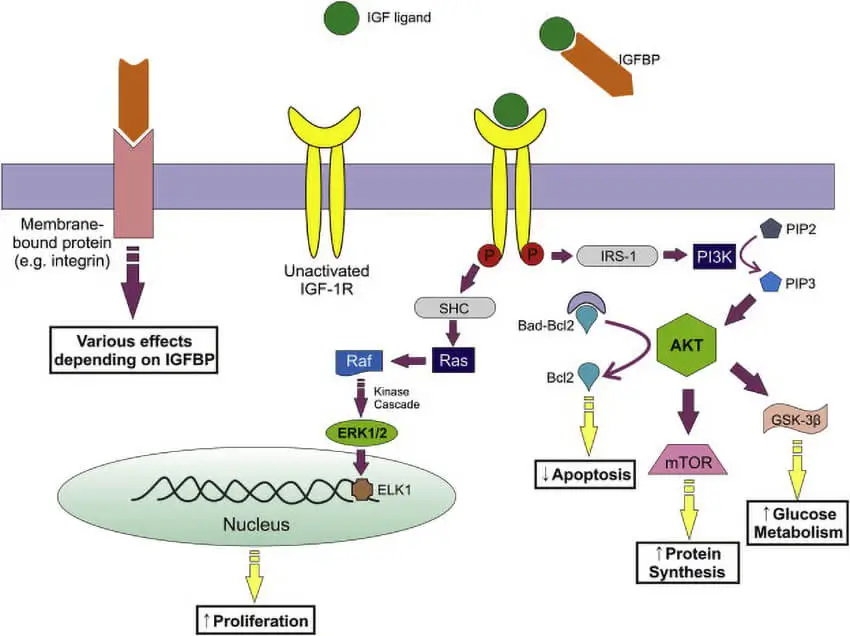
Agora vejamos este relatório com mais detalhe e tenhamos em mente que se trata de um relatório "diluído".
"Ao estabelecer formas de diminuir o peso de doenças crónicas como a obesidade, diabetes tipo 2, doenças cardiovasculares (incluindo hipertensão e AVC), cancro, doenças dentárias e osteoporose, este relatório propõe que a nutrição deve ser colocada na vanguarda das políticas e programas de saúde pública".
Compreende agora esta citação? Eles dizem-nos que a nutrição deve ser colocada na vanguarda das políticas de saúde pública e não o exercício ou outras mudanças de estilo de vida. Isso não significa que não sejam importantes, significa apenas que a nutrição é o factor mais importante.
"Durante a última década, a rápida expansão numa série de campos científicos relevantes e, em particular, na quantidade de provas epidemiológicas baseadas na população, ajudou a clarificar o papel da dieta na prevenção e controlo da morbilidade e mortalidade prematura resultantes de doenças não transmissíveis (DND). Foram também identificados alguns dos componentes dietéticos específicos que aumentam a probabilidade de ocorrência destas doenças em indivíduos, e intervenções para modificar o seu impacto".
Ora, isto não é completamente verdade, mas é politicamente correcto. Não é que, durante a última década, a ciência tenha correlacionado e desleal o papel da dieta na criação de doenças crónicas. A maior parte da ciência era conhecida mesmo antes de o Relatório McGovern ter sido publicado em 1977. Na verdade, a maior parte da ciência correlacionou factores de risco nas décadas de 50 e 60.
"As rápidas mudanças nas dietas e estilos de vida que ocorreram com a industrialização, urbanização, desenvolvimento económico e globalização do mercado, aceleraram durante a última década. Isto está a ter um impacto significativo na saúde e no estado nutricional das populações, particularmente nos países em desenvolvimento e nos países em transição. Embora os padrões de vida tenham melhorado, a disponibilidade de alimentos aumentou e tornou-se mais diversificada, e o acesso aos serviços aumentou, houve também consequências negativas significativas em termos de padrões alimentares inadequados, diminuição das actividades físicas e aumento do consumo de tabaco, e um aumento correspondente das doenças crónicas relacionadas com a dieta, especialmente entre as pessoas pobres.
As mudanças na economia alimentar mundial reflectem-se na mudança dos padrões alimentares, por exemplo, no aumento do consumo de dietas densas em energia com elevado teor de gordura, particularmente gordura saturada, e baixo teor de hidratos de carbono não refinados.
Devido a essas mudanças nos padrões alimentares e de estilo de vida, as DNTs crónicas — incluindo obesidade, diabetes mellitus, doenças cardiovasculares (DCV), hipertensão e acidente vascular cerebral, além de alguns tipos de cancro — estão a tornar-se causas cada vez mais significativas de incapacidade e morte prematura, tanto em países em desenvolvimento como nos recém-desenvolvidos, sobrecarregando ainda mais os orçamentos nacionais de saúde, que já estão sobrecarregados.”
Se ler um artigo correlacionado sobre o estudo da China (China study- The vegan argument), já terá conhecimento disso. O que estão a dizer é o seguinte. A maior parte da civilização humana em toda a história humana após a revolução Neolítica prosperou com uma dieta exclusivamente vegana. E não apenas isso, foi uma dieta vegana dominada pelo amido. Poderia ser trigo na Europa ou milho na Mesoamérica, ou arroz na Ásia, não importa. Não havia uma única sociedade no mundo que tivesse carne ou produtos animais suficientes para alimentar pessoas ou camponeses, excepto o rei e a aristocracia.
Há apenas cem anos, até mesmo os países ocidentais desenvolvidos prosperavam com uma dieta vegana. A carne era consumida no Natal e no Dia de Ação de Graças. Somente após a descoberta dos fertilizantes sintéticos é que a indústria conseguiu produzir alimentos em excesso para os animais. São necessárias sete calorias de amido para produzir uma caloria de carne. Se não acredita nisso, basta lembrar o que um ano de quebra de safra causou na Irlanda. A nação inteira vivia de batatas. Quando as batatas falharam, um número incontável de pessoas morreu de fome. O número total de mortos foi de cerca de um milhão de pessoas e mais de um milhão fugiu do país, fazendo com que a população do país caísse entre 20% e 25%.

"As mudanças dietéticas que caracterizam a ''transição nutricional'' incluem tanto mudanças quantitativas como qualitativas na dieta. As mudanças adversas na dieta incluem mudanças na estrutura da dieta para uma dieta de maior densidade energética com um maior papel para a gordura e adição de açúcares nos alimentos, maior ingestão de gordura saturada (principalmente de origem animal), ingestão reduzida de hidratos de carbono complexos e fibra alimentar, e ingestão reduzida de fruta e vegetais. Estas alterações na dieta são agravadas por mudanças no estilo de vida que reflectem uma reduzida actividade física no trabalho e nos tempos livres".
“Existe uma forte relação positiva entre o nível de rendimento e o consumo de proteína animal, com o consumo de carne, leite e ovos a aumentar em detrimento dos alimentos básicos. Devido à recente queda acentuada dos preços, os países em desenvolvimento estão a embarcar num consumo mais elevado de carne com níveis de produto interno bruto muito mais baixos do que os países industrializados tinham há cerca de 20 a 30 anos. Entre 1964-1966 e 1997-1999, o consumo per capita de carne nos países em desenvolvimento aumentou 150% e o de leite e produtos lácteos 60%. Até 2030, o consumo per capita de produtos pecuários poderá aumentar mais 44%. Prevê-se que o consumo de aves seja o que crescerá mais rapidamente.”
O que dizem neste relatório é que quando os países em desenvolvimento começam a industrializar-se e o nível de vida sobe, as pessoas começam a ter mais dinheiro para gastar em alimentos. Limitam-se a utilizar terminologia politicamente correcta de "transição nutricional". Mas essa é apenas uma forma extravagante de os cientistas dizerem que quando se é retirado da pobreza a primeira coisa que se faz não é comprar uma casa ou um carro, mas sim comprar carne e alimentos processados. Ou, por outras palavras, têm dinheiro para comer carne e outras porcarias processadas em vez de arroz. E depois vem o aumento de doenças de afluência. Não houve ataque cardíaco, cancro, ou diabetes em dietas veganas não desenvolvidas, dominadas por amido, em populações rurais da China. Agora há.
"Foi projectado que, até 2020, as doenças crónicas serão responsáveis por quase três quartos de todas as mortes a nível mundial, e que 71% de mortes devidas a doenças cardíacas isquémicas (IHD), 75% de mortes devidas a AVC, e 70% de mortes devidas a diabetes ocorrerão nos países em desenvolvimento. O número de pessoas com diabetes nos países em desenvolvimento aumentará mais de 2,5 vezes, de 84 milhões em 1995 para 228 milhões em 2025. Numa base global, 60% do fardo das doenças crónicas ocorrerá nos países em desenvolvimento".
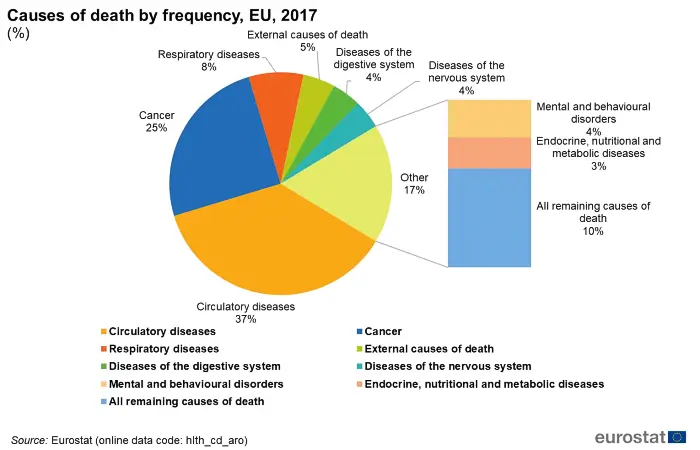
"A nutrição está a vir à tona como um importante determinante modificável da doença crónica, com provas científicas que apoiam cada vez mais a opinião de que as alterações na dieta têm efeitos fortes, tanto positivos como negativos, sobre a saúde ao longo da vida. Mais importante ainda, os ajustamentos dietéticos podem não só influenciar a saúde presente, mas também determinar se um indivíduo desenvolverá ou não doenças como o cancro, doenças cardiovasculares e diabetes muito mais tarde na vida. No entanto, estes conceitos não conduziram a uma mudança nas políticas ou na prática. Em muitos países em desenvolvimento, as políticas alimentares continuam a centrar-se apenas na subnutrição e não abordam a prevenção de doenças crónicas.
Este relatório apela a uma mudança no quadro conceptual para o desenvolvimento de estratégias de ação, colocando a nutrição — juntamente com os outros principais fatores de risco para doenças crónicas, nomeadamente o consumo de tabaco e álcool — na vanguarda das políticas e programas de saúde pública.”
E isto é devido à indústria. É por isso que tais reportagens como estas nunca são faladas nos meios de comunicação social. Queriam introduzir uma pirâmide alimentar nova e mais baseada em plantas e falharam. O mesmo que o Relatório McGovern e o mesmo que qualquer outro relatório. Não recomendaram uma dieta vegana que colocasse apenas mais alimentos inteiros à base de plantas e nem sequer quiseram mencionar as proteínas animais como o principal vilão, por exemplo. Regaram-no para falar de gordura saturada e proteína animal. Mas onde se encontra a gordura saturada? Predominantemente em produtos de origem animal. Quando nós, nutricionistas, falamos de gordura saturada sabemos muito bem que você, como indivíduo regular, terá de baixar o consumo de proteína animal se quiser baixar o consumo de gordura saturada. Evitar a banha e a manteiga é apenas o primeiro passo, mas numa escala populacional, a banha e a manteiga são utilizadas esporadicamente. Numa escala populacional para realmente reduzir o consumo de gordura saturada, teria de ser uma mudança global para uma dieta mais baseada em plantas.
"A dieta é conhecida há muitos anos por desempenhar um papel fundamental como factor de risco de doenças crónicas. O que é evidente a nível global é que grandes mudanças varreram o mundo inteiro desde a segunda metade do século XX, induzindo grandes modificações na dieta, primeiro nas regiões industriais e mais recentemente nos países em desenvolvimento. As dietas tradicionais, largamente baseadas em plantas, foram rapidamente substituídas por dietas com elevado teor de gordura e de energia, com um conteúdo substancial de alimentos de origem animal".
Por isso, aqui vamos nós. Não sou eu que o digo, mas a OMS. Da próxima vez que alguém falar como você está num culto religioso, porque não come carne e como somos como espécies somos omnívoros e como a ciência provou que precisamos de comer carne e que os seus dentes vão cair se não beber leite como a minha mãe me dizia, basta descarregar e enviar-lhes este relatório.
“Na Carélia do Norte, as taxas de mortalidade ajustadas por idade por doença cardíaca coronária diminuíram drasticamente entre o início da década de 1970 e 1995 (16). Análises dos três principais fatores de risco (tabagismo, hipertensão arterial, colesterol plasmático elevado) indicam que a dieta — atuando através da redução dos níveis de colesterol plasmático e pressão arterial — foi responsável pela maior parte desse declínio substancial nas doenças cardiovasculares. A contribuição dos medicamentos e tratamentos (medicamentos antilipídicos e hipotensores, cirurgia) foi muito pequena. Em vez disso, o declínio foi alcançado em grande parte através da ação comunitária e da pressão da procura dos consumidores no mercado alimentar.”
Por isso, aqui vamos nós. Isto é na Finlândia Carélia do Norte, não na Coreia do Norte. Eles tornaram-se mais veganos. Da próxima vez que os confusionistas do colesterol começarem a falar sobre como as doenças cardíacas nada têm a ver com o colesterol e nós precisamos de colesterol para fazer todas as células do nosso corpo, basta enviar-lhes este relatório. As doenças cardíacas são causadas pelo colesterol e onde é que o colesterol é encontrado? Apenas em produtos de origem animal. Nós, como espécies, produzimos colesterol nos nossos fígados e este não é um nutriente essencial para nós. Não é um nutriente de todo. Para os carnívoros, é porque o comem com cada dentada que não produzem a sua própria. Para nós, que nunca comemos colesterol dietético nos últimos 50 milhões de anos da nossa evolução, comê-lo não é natural. O nosso corpo tentará eliminar o colesterol exec, mas porque é feito de lípidos e a gordura e a água não misturam o nosso corpo não seria capaz de o lavar com os rins. A única forma do nosso corpo poder remover o excesso de colesterol é deitá-lo de volta no processo intestinal em medicina conhecido como excreção de colesterol transintestinal (TICE) com a consciência subjacente de que haveria lá fibra para se ligar com ele. Porque a maioria das pessoas na escala populacional consome alimentos processados e tem um consumo muito baixo de fibras, este seria apenas reabsorvido. No final, colar-se-ia à parede das artérias.
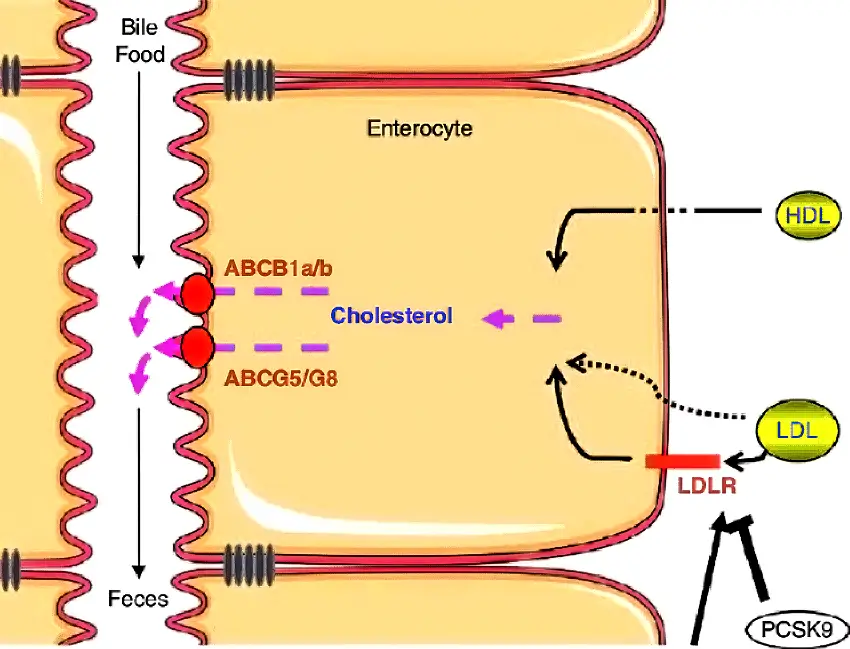
"Os objectivos destinam-se a inverter ou reduzir o impacto das mudanças alimentares desfavoráveis que ocorreram ao longo do século passado no mundo industrializado e, mais recentemente, em muitos países em desenvolvimento. Os objectivos actuais de ingestão de nutrientes devem também ter em conta os efeitos das mudanças ambientais a longo prazo, ou seja, aquelas que ocorreram ao longo de períodos de centenas de anos. Por exemplo, a resposta metabólica à fome periódica e à escassez alimentar crónica pode já não representar uma vantagem selectiva, mas pode, pelo contrário, aumentar a susceptibilidade a doenças crónicas. A abundância de alimentos estáveis é um fenómeno recente; não era um factor até ao advento da revolução industrial (ou processo equivalente nos países mais recentemente industrializados)".
Para compreender esta citação, recomendar-lhe-ei que leia um artigo sobre autofagia (restrição calórica, autofagia, longevidade, e perda muscular). Para cada animal lá fora, a fome é o estado normal de existência. A morte por inanição seria mais precisa. Assim que houvesse mais alimentos para percorrer mais animais sobreviveriam até ser alcançada uma nova linha de fronteira da fome, só que desta vez com o aumento da população. Os nossos corpos adaptaram-se a isto, então o que acontece quando não há mais fome? Um dos efeitos é um aumento das taxas de cancro devido à falta de autofagia. Acredita-se que a ausência de autofagia seja uma das principais razões para a acumulação de células danificadas, e isto pode levar a sérias complicações de saúde. A forma mais rápida de encerrar a autofagia é comer grandes quantidades de proteína completa. O que isto fará é estimular o IGF-1 (factor de crescimento semelhante à insulina 1) e a mTOR (rapamicina), que são potentes inibidores da autofagia.
“Tem havido uma pressão crescente sobre o setor pecuário para atender à crescente demanda por proteína animal de alto valor. O setor pecuário mundial está a crescer a um ritmo sem precedentes e a força motriz por trás desse enorme aumento é uma combinação de crescimento populacional, aumento da renda e urbanização. A produção anual de carne deve aumentar de 218 milhões de toneladas em 1997-1999 para 376 milhões de toneladas até 2030.
Existe uma forte relação positiva entre o nível de rendimento e o consumo de proteína animal, com o consumo de carne, leite e ovos a aumentar em detrimento dos alimentos básicos. Devido à recente queda acentuada dos preços, os países em desenvolvimento estão a embarcar num consumo mais elevado de carne com níveis muito mais baixos do produto interno bruto do que os países industrializados fizeram há cerca de 20 a 30 anos.”
Isto é muito importante para que as pessoas se apercebam. Os efeitos ambientais estão aí apenas mais uma coisa. Somos todos parte da natureza e mesmo que nos preocupemos ou não com a natureza, isto é certo. A natureza não se preocupa connosco.
Quando queimamos florestas para plantar culturas ou apenas utilizamos terra, em geral, são necessárias 7 a 10 colheitas para esgotar o solo da nutrição ou, por outras palavras, dos minerais. Esta é a razão pela qual antes da invenção dos fertilizantes artificiais a população era mais baixa do que é hoje. A expansão da população não tem nada a ver com a revolução industrial. Tudo isto se deve aos fertilizantes sintéticos. À medida que a população cresce, ou dessa forma nem sequer precisa de crescer, mas tal como o nível de vida sobe as pessoas querem mais carne e para produzir carne é necessário mais terra para cultivar alimentos para os animais.

Temos a capacidade de produzir alimentos e é um grande debate, mas apenas com a utilização de fertilizantes sintéticos.
Podemos ter agricultura vertical ou utilizar terrenos regulares que não são utilizados actualmente, mas apenas com o uso de fertilizantes sintéticos. Hoje em dia, não existe uma forma científica de produzir alimentos para 7 mil milhões de pessoas mais para todos os animais através da agricultura biológica. Isto não pode ser feito. E porque temos de utilizar a guerra química e estes químicos são conhecidos como poluentes orgânicos persistentes porque não se degradam com o tempo e são termicamente estáveis e, pior ainda, são lipofílicos. Isto significa que estes químicos dissolvem-se nas gorduras dos animais e iniciam o processo conhecido como biomagnificação na cadeia alimentar.
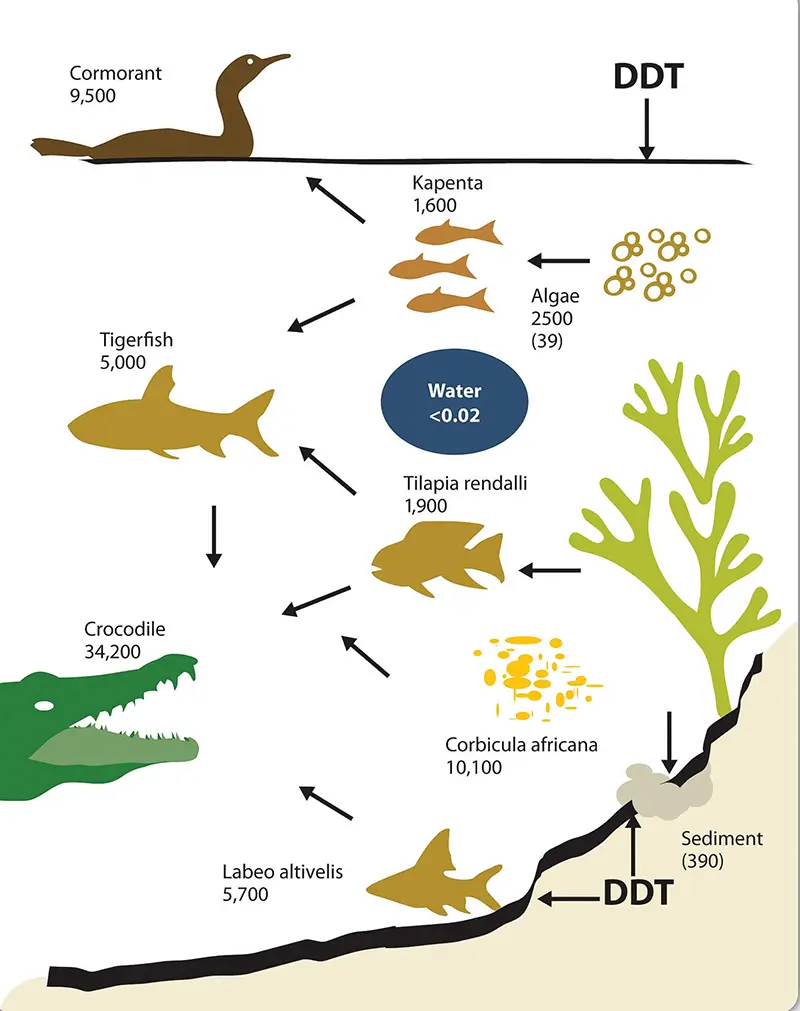
À medida que subimos na cadeia alimentar, a toxicidade aumenta não cem, mas sim milhares de por cento. E estas substâncias químicas apenas circulam até se atingir a concentração que causará a toxicidade total e a degradação ambiental. Se não acredita nisto, pode ler Silent Spring publicado em 1962. Mais sobre a toxicidade ambiental num artigo relacionado (Toxicidade ambiental - É apenas uma cadeia alimentar).
Apenas o facto de um quarto da população morrer de cancro e de a contagem de esperma ter caído mais de 70% desde os anos 60 e de hoje em dia um em cada cinco casais ser incapaz de ter filhos demonstra a gravidade do problema. A situação só vai piorar à medida que mais do mundo for industrializado. Outra coisa é que quando cultivamos plantas de forma sintética, não prestamos mais atenção aos minerais para crescer, mas que tal aos animais? Precisamos de 100 deles.
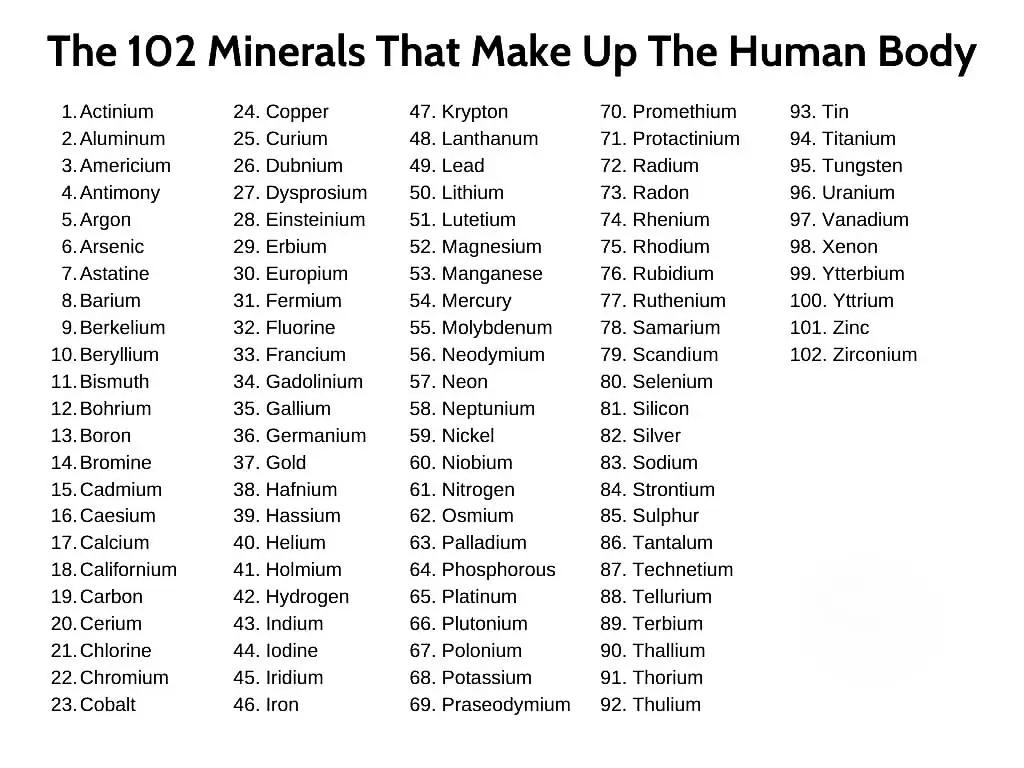
Têm de ser monoatómicos em escala para poderem ser integrados nas nossas células e o suplemento mineral não é eficaz porque estes minerais são demasiado grandes e são feitos por reacções químicas. Apenas as plantas podem tornar os minerais biodisponíveis, mas a terra comercial está completamente esgotada. A carência de nutrientes só vai piorar. Para além disso, as pessoas comem alimentos refinados processados que não contêm quaisquer minerais só por causa do processamento.
Para além de deficiências gritantes de nutrientes que não podem ser evitadas, quais são as recomendações do relatório em termos de necessidades calóricas macro? Temos de ter em mente que este relatório ainda não utiliza a ciência disponível em escala real e não promove uma dieta alimentar completa baseada em plantas como base, mas apenas a redução do consumo de gorduras saturadas. Isso foi ciência antes e por vezes depois da Segunda Guerra Mundial. Durante a Segunda Guerra Mundial houve lugares que tiveram de passar para uma dieta vegana à base de amido devido à pobreza e à guerra. Foram pesquisados nos anos 50 para determinar porque é que estes locais tinham baixas taxas cardíacas e de cancro. Por exemplo, a ilha de Create foi um deles que criou um mito sobre a dieta mediterrânica.
A dieta mediterrânica não tem nada a ver com azeite ou vinho, mas era apenas a dieta à base de amido das pessoas pobres em Creta (dieta mediterrânica - “Maravilha” do azeite). Na verdade, as pessoas ricas da ilha continuavam a ter mortes regulares por problemas cardíacos, mesmo durante a guerra, porque tinham carne suficiente para comer. Esta correlação entre gordura saturada e doenças cardíacas era uma correlação parcial, conveniente politicamente, porque se se come carne, come-se gordura saturada. A correlação entre produtos de origem animal e doenças cardíacas é mais do que o dobro da correlação entre apenas gordura saturada e doenças cardíacas. Mas, ainda assim, prevalece esta visão politicamente correta que não altera as diretrizes nutricionais. Em repostagens sobre gordura, eles recomendam reduzir o consumo para não mais do que 10% das calorias provenientes de gordura saturada em geral. Tenha em mente que um grama de gordura tem 9 calorias. É o alimento mais denso em energia. Uma colher de sopa de óleo tem 130 calorias e já representaria 5 a 7% do total de calorias consumidas. Apenas uma colher de sopa.
"As recomendações de gordura total são formuladas para incluir países onde a ingestão habitual de gordura é tipicamente superior a 30%, bem como aqueles onde a ingestão habitual pode ser muito baixa, por exemplo, inferior a 15%. A energia total de gordura de pelo menos 20% é consistente com uma boa saúde. Grupos altamente activos com dietas ricas em vegetais, legumes, frutas e cereais integrais podem, no entanto, manter uma ingestão total de gordura até 35% sem o risco de um ganho de peso pouco saudável.
No SAD (dieta americana padrão) de grasa representa unas 600 calorías sólo de aceites añadidos y si comes fritos es mucho más. Esto no cuenta las calorías de los alimentos enteros que tienen grasa en su interior, como los frutos secos, las semillas, los huevos o la carne.
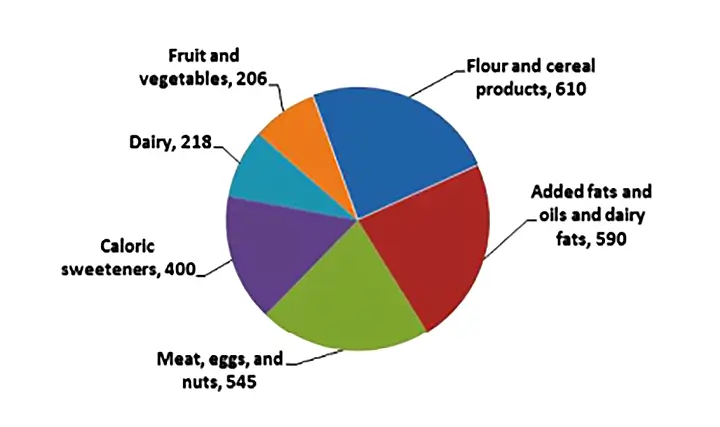
E as recomendações sobre o açúcar?
"Reconhece-se que uma maior ingestão de açúcares livres ameaça a qualidade nutritiva das dietas ao fornecer uma energia significativa sem nutrientes específicos.
A Consulta considerou que a restrição dos açúcares livres era também susceptível de contribuir para reduzir o risco de ganho de peso insalubre, observando que:
(1) Os açúcares livres contribuem para a densidade energética global das dietas. Os açúcares livres promovem um balanço energético positivo. Estudos agudos e de curto prazo em voluntários humanos demonstraram um aumento do consumo total de energia quando a densidade energética da dieta é aumentada, quer pelos açúcares livres, quer pela gordura. As dietas que são limitadas em açúcares livres têm demonstrado reduzir o consumo total de energia e induzir a perda de peso.
(2) As bebidas que são ricas em açúcares livres aumentam o consumo global de energia reduzindo o controlo do apetite. Assim, há menos uma redução compensatória da ingestão de alimentos após o consumo de bebidas com alto teor de açúcares do que quando são fornecidos alimentos adicionais com um teor energético equivalente. Um recente ensaio aleatório mostrou que quando são consumidos refrigerantes ricos em açúcares livres, há uma maior ingestão de energia e um aumento progressivo do peso corporal quando comparado com bebidas sem energia que são adoçado artificialmente. As crianças com um elevado consumo de refrigerantes ricos em açúcares livres têm mais probabilidades de ter excesso de peso e de ganhar peso em excesso.
A Consulta reconheceu que um objectivo populacional para os açúcares grátis com menos de 10% de energia total é controverso".
Não é controverso em termos de ciência mas sim em termos de política. O que esta recomendação significaria é que o governo e isto significa que as escolas públicas que ensinam as crianças sobre a vida teriam de proibir fisicamente as bebidas com gás das escolas e o chocolate e todos os outros doces e teriam de promover políticas de açúcar zero. Também quando o governo recomenda algo tem de o implementar em todo o lado, desde os militares até ao jardim-de-infância. Acabaram-se os doces. Acabaram-se os refrigerantes. Acabaram-se os sumos de fruta. Acabaram-se os bolos.
Por outro lado, as pessoas simplesmente ignorariam este tipo de recomendação, pelo que se trata de um debate dentro da ciência nutricionista, caso se defenda algo que se sabe que ninguém iria seguir e que ninguém iria ficar com toda a ira do estado profundo nas costas ou caso se estabeleça um objectivo mais realista que tenha uma hipótese de ser bem sucedido se se calcular que os efeitos deste objectivo mais realista que é basicamente uma mentira mas que teria mais benefícios à escala populacional em termos de saúde pública. Temos de ter também em mente as taxas de diabetes.
Então devo eu, como nutricionista, dizer-lhe toda a verdade e você decide o que vai ou não fazer?
E as recomendações sobre obesidade e diabetes?
"A associação entre o ganho de peso excessivo, a adiposidade central e o desenvolvimento da diabetes tipo 2 é convincente. A associação tem sido repetidamente demonstrada em estudos longitudinais em diferentes populações, com um gradiente impressionante de risco aparente com níveis crescentes de IMC, aumento de peso dos adultos, circunferência da cintura ou relação cintura/quadril. Em estudos epidemiológicos observacionais, um elevado consumo de gordura saturada tem sido associado a um risco mais elevado de tolerância à glicose, e níveis mais elevados de glicose e insulina em jejum. Proporções mais elevadas de ácidos gordos saturados em lípidos séricos ou fosfolípidos musculares foram associadas a maior insulina em jejum, menor sensibilidade insulínica e maior risco de diabetes tipo 2. Ácidos gordos insaturados de fontes vegetais e ácidos gordos polinsaturados mais elevados têm sido associados a um risco reduzido de diabetes de tipo 2 e a concentrações mais baixas de glicose em jejum e 2 horas. Além disso, maiores proporções de ácidos gordos polinsaturados de cadeia longa em fosfolípidos musculares esqueléticos têm sido associadas a uma maior sensibilidade insulínica. Em estudos de intervenção humana, a substituição de ácidos gordos saturados por ácidos gordos insaturados leva a uma maior tolerância à glucose e a uma maior sensibilidade à insulina".
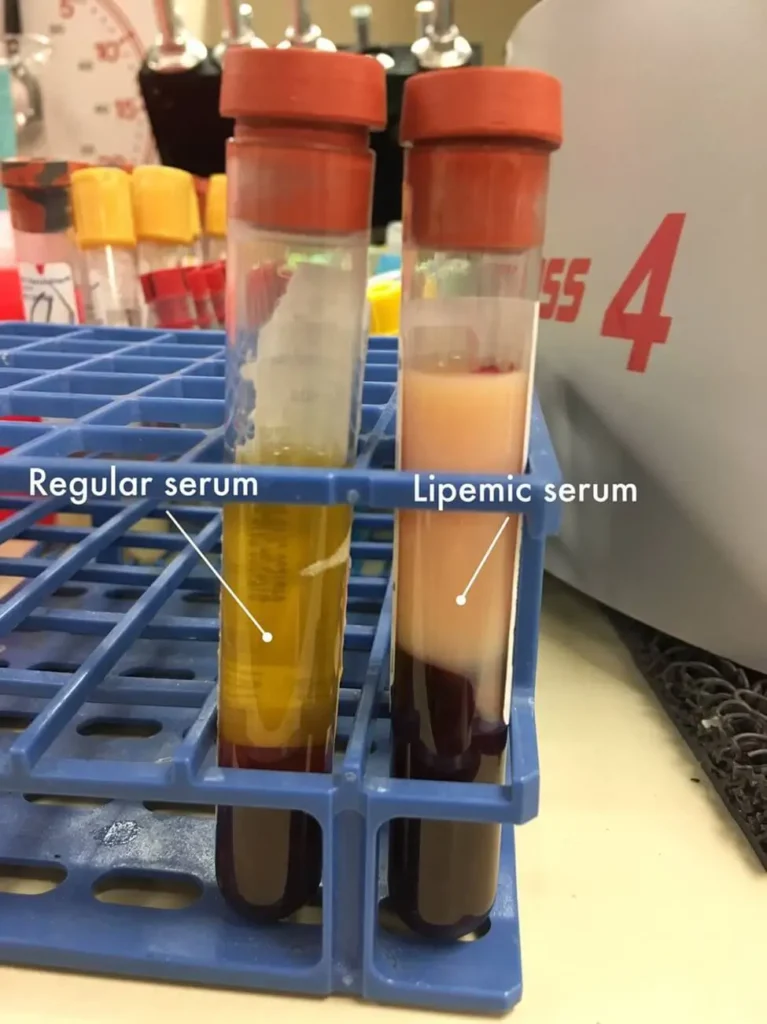
As pessoas não compreendem porque é que a obesidade está de facto correlacionada com a diabetes. Uma das principais razões é devido a um processo conhecido como o efeito de spillover. Quando se come carne rica em gordura saturada, ou por outras palavras, carne animal, ovos, ou lacticínios, vai-se ter soro lipémico após a refeição. Toda a gordura da refeição vai entrar na corrente sanguínea e até ser limpa, o seu sangue terá níveis elevados de ácidos gordos a flutuar. O problema é que não há gordura saturada a esse nível no reino vegetal. A gordura saturada é encontrada no reino animal. Há coco e algumas espécies vegetais que têm gordura saturada em grandes quantidades mas que provém predominantemente de tecidos animais. Como não fomos expostos a um nível tão elevado de gordura saturada durante os nossos 50 milhões de anos de evolução, não estamos adaptados para lidar bem com ela. Cria uma lipotoxicidade. Os Ácidos gordos livres ou FFA ou apenas gordura na corrente sanguínea resultam naturalmente em inflamação. Quando a gordura é decomposta, há subprodutos tóxicos e stress oxidativo que bloqueiam a via receptora da insulina e levam à resistência à insulina no músculo. À medida que o nível de gordura na corrente sanguínea aumenta, a capacidade do corpo de limpar gotas de açúcar. Os derivados de ácidos gordos interferem com a função das células beta e acabam por levar à sua morte através da lipoapopoptose. Em pessoas obesas, as células gordas são inchadas, o que significa que temos um número constante delas. Elas apenas absorvem mais gordura e tornam-se maiores à medida que ganhamos peso. A certa altura, as células gordas não conseguem absorver mais gordura e começam a derramar sobre algumas das gorduras de volta. Em pessoas obesas devido ao efeito de spillover, o soro é sempre lipémico criando inflamação crónica e resistência crónica à insulina e com o tempo a lipotoxicidade mata directamente as células beta produtoras de insulina no pâncreas.
A gordura saturada é exactamente a causa da diabetes juntamente com a proteína animal.
Las dietas paleo, tipo Atkins, ricas en grasas y proteínas no son adecuadas para los prediabéticos. Ninguno de los productos de origen animal lo son. Más información sobre las causas de la diabetes aquí (Diabetes causa e gordura saturada - O argumento vegan).
"Um elevado consumo total de gordura também tem sido associado a maiores concentrações de insulina em jejum e a um menor índice de sensibilidade insulínica. Considerados em conjunto, estes resultados são considerados como indicando uma provável relação causal entre ácidos gordos saturados e diabetes tipo 2, e uma possível associação causal entre o consumo total de gordura e a diabetes tipo 2. Os dois ensaios controlados aleatorizados que mostraram um potencial de modificação do estilo de vida para reduzir o risco de progressão da tolerância reduzida à glicose para a diabetes tipo 2 incluíram conselhos para reduzir a gordura total e saturada, mas em ambos os ensaios é impossível separar os efeitos da manipulação dietética individual".
E as doenças cardíacas?
"As associações convincentes para um risco reduzido de DCV incluem o consumo de frutas (incluindo bagas) e vegetais, peixe e óleos de peixe (ácido eicosapentaenóico (EPA) e ácido docosahexaenóico (DHA)), alimentos ricos em ácido linoleico e potássio, bem como actividade física e consumo baixo a moderado de álcool. Embora a ingestão de vitamina E pareça não ter relação com o risco de DCV, existem provas convincentes de que os ácidos mirístico e palmítico, os ácidos gordos trans, a ingestão elevada de sódio, o excesso de peso e a ingestão elevada de álcool contribuem para um aumento do risco. Um nível "provável" de evidência demonstra uma diminuição do risco de ácido a-linolénico, ácido oleico, NSP, cereais integrais, frutos secos (não salgados), folato, esteróis vegetais e estanóis, e nenhuma relação com o ácido esteárico. Há um provável aumento do risco de colesterol dietético e de café cozido não filtrado. Possíveis associações de risco reduzido incluem a ingestão de flavonóides e o consumo de produtos de soja, enquanto as possíveis associações de risco aumentado incluem gorduras ricas em ácido láurico, suplementos de b-caroteno e nutrição fetal deficiente.
A inflamação crónica destrói células epiteliais nos vasos sanguíneos, levando à destruição do sistema cardiovascular completo do corpo, veias verrucosas, e assim por diante. O colesterol cria trombose e estreitamento das artérias. A gordura saturada (ácidos mirístico e palmítico) aumenta a inflamação e cria a lipotoxicidade. Antioxidantes e outros fitoquímicos inflamação crónica inferior. As barreiras só têm mais antioxidantes, pode-se ver toda a tabela ORAC aqui.
Este relatório é abrangente e tem 150 páginas. Se tiver tempo, sugiro que o descarregue e o leia. Tentei resumi-lo brevemente aqui. Trata-se de um relatório com algumas das descobertas científicas em falta, devido ao consenso subjacente que existe na comunidade científica. Mas é um passo na direcção certa, na medida em que é permitido. A verdadeira ciência defenderia uma dieta alimentar completa, baseada em plantas orgânicas e nutricionalmente optimizada, com um máximo de cinco por cento de produtos animais e zero, permitam-me que repita, zero calorias de alimentos refinados. Seria uma política que obrigaria a proibir a venda de bebidas com cafeína como a Coca-Cola às crianças e proibiria todos os alimentos processados nas escolas e em qualquer outra instituição controlada pelo Estado. Alteraria completamente a pirâmide alimentar e as recomendações dietéticas. Forçaria a realização de testes obrigatórios para todos os trabalhadores médicos, especialmente médicos, pelos seus conhecimentos nutricionais e imporia a nutrição nas escolas médicas. Seria também um ataque total aos cartéis químicos e não apenas isso. Seria um ataque ao controlo da população e não me refiro à expansão da população, mas ao controlo directo da população. Neste relatório, os cientistas foram tão longe quanto lhes é permitido, e você, como leitor, teria de ler nas entrelinhas.
Qual foi, então, a recomendação final deste relatório?
Si tienes prediabetes o diabetes, nada de grasas saturadas o lo que es lo mismo, carne animal, lácteos, huevos, azúcar de caña, harinas refinadas, refrescos o cualquier tipo de alimento refinado.
Se tiver diabetes, a sua dieta é toda à base de plantas alimentares.
Se tiver doenças cardíacas, a sua dieta é toda uma dieta baseada em plantas alimentares.
Se for obeso devido à coloração da obesidade com diabetes e doenças cardíacas, a sua dieta é uma dieta alimentar baseada em plantas.
Se tiver cancro, a sua dieta é toda à base de plantas alimentares e cultivada organicamente para evitar a toxicidade.
E não sou apenas eu que o digo, mas a OMS.
Se não tem nenhuma doença crónica, qual é a recomendação da OMS?
"Algumas provas disponíveis sugerem que, no prazo de uma semana, pelo menos 20 e 44 provavelmente até 30 tipos de alimentos biologicamente distintos, com ênfase em alimentos vegetais, são necessários para dietas saudáveis.
As implicações das recomendações seriam aumentar o consumo de frutas e vegetais, aumentar o consumo de peixe, e alterar os tipos de gorduras e óleos, bem como a quantidade de açúcares e amido consumidos, especialmente nos países desenvolvidos. A actual tendência para o aumento das proteínas animais nos regimes alimentares nos países em transição económica é pouco provável que seja invertida nos países onde existem maiores recursos de consumo, mas é pouco provável que seja conducente à saúde adulta, pelo menos em termos de prevenção de doenças crónicas".
E porque é que defendem o peixe? É a carne mais poluída e mais inflamada de toda a carne que existe. O pior tipo de alimento causador de doenças que se pode comer. Por exemplo, uma lata de atum tem mais de 300 vacinas que contêm mercúrio. A razão é mais uma vez que os nutricionistas acreditam que, numa escala populacional, as pessoas não seriam capazes de consumir uma quantidade adequada de ácidos gordos ómega 3 e a relação risco/ritmo será benéfica para o consumo de peixe, mesmo com toda a inflamação que lhe está associada (Toxicidade do Peixe- A Carne Mais Tóxica). A minha recomendação é de comer apenas sementes de linhaça e se quiser que o DHA encontre um suplemento de DHA à base de algas para evitar a toxicidade do óleo de peixe.
Referências:
Passagens seleccionadas de um livro: Pokimica, Milos. Go Vegan? Revisão da Ciência-Parte 3. Kindle ed., Amazon, 2020.
- Cannon G. (2004). Porque é que a administração Bush e a indústria global do açúcar estão determinadas a demolir a estratégia global da OMS de 2004 sobre alimentação, atividade física e saúde. Nutrição em saúde pública, 7(3), 369-380. https://doi.org/10.1079/PHN2004625
Publicações Relacionadas
Você tem alguma dúvida sobre saúde e nutrição?
Eu adoraria ouvir de você e respondê-las em meu próximo post. Agradeço sua contribuição e opinião e espero ouvir de você em breve. Eu também convido você a siga-nos no Facebook, Instagram e Pinterest para mais conteúdos sobre dieta, nutrição e saúde. Pode deixar um comentário e ligar-se a outros entusiastas da saúde, partilhar as suas dicas e experiências e obter apoio e encorajamento da nossa equipa e comunidade.
Espero que este post tenha sido informativo e agradável para si e que esteja preparado para aplicar os conhecimentos que aprendeu. Se achou este post útil, por favor partilhá-lo com os seus amigos e familiares que também possam beneficiar com isso. Nunca se sabe quem poderá precisar de alguma orientação e apoio no seu percurso de saúde.
– Você Também Pode Gostar –

Aprender Sobre Nutrição
Milos Pokimica é médico de medicina natural, nutricionista clínico, escritor de saúde e nutrição médica, e conselheiro em ciências nutricionais. Autor da série de livros Go Vegan? Revisão de Ciênciaopera também o website de saúde natural GoVeganWay.com
Medical Disclaimer
GoVeganWay.com traz análises das pesquisas mais recentes sobre nutrição e saúde. As informações fornecidas representam a opinião pessoal do autor e não pretendem nem implicam substituir aconselhamento, diagnóstico ou tratamento médico profissional. As informações fornecidas são apenas para fins informativos e não se destinam a servir como substituto para consulta, diagnóstico e/ou tratamento médico de um médico ou profissional de saúde qualificado.NUNCA DESCONSIDERE o CONSELHO MÉDICO PROFISSIONAL OU adiar a BUSCA de TRATAMENTO MÉDICO por causa DE ALGO QUE TENHA LIDO OU ACESSADO por MEIO de GoVeganWay.com
NUNCA APLIQUE QUAISQUER MUDANÇAS de estilo de VIDA OU QUALQUER MUDANÇA COMO UMA CONSEQUÊNCIA DE ALGO QUE TENHA LIDO NO GoVeganWay.com ANTES de CONSULTORIA de LICENÇA MÉDICA.
No caso de uma emergência médica, ligue para o médico ou para o 911 imediatamente. GoVeganWay.com não recomenda ou endossa qualquer específicos, grupos, organizações, exames, médicos, produtos, procedimentos, opiniões ou outras informações que podem ser mencionadas dentro.
Sugestões do Editor –
Milos Pokimica é escritor especializado em saúde e nutrição e consultor em ciências nutricionais. Autor da série de livros Go Vegan? Revisão de Ciênciaopera também o website de saúde natural GoVeganWay.com
Artigos Mais Recentes -
Superior De Saúde De Notícias — ScienceDaily
- The overlooked nutrition risk of Ozempic and Wegovyon Fevereiro 4, 2026
Popular weight-loss drugs like Ozempic and Wegovy can dramatically curb appetite, but experts warn many users are flying blind when it comes to nutrition. New research suggests people taking these medications may not be getting enough guidance on protein, vitamins, and overall diet quality, increasing the risk of muscle loss and nutrient deficiencies.
- A 25-year study found an unexpected link between cheese and dementiaon Fevereiro 4, 2026
A massive Swedish study tracking nearly 28,000 people for 25 years found an unexpected link between full-fat dairy and brain health. Among adults without a genetic risk for Alzheimer’s, eating more full-fat cheese was associated with a noticeably lower risk of developing the disease, while higher cream intake was tied to reduced dementia risk overall. The findings challenge decades of low-fat dietary advice but come with important caveats.
- MIT’s new brain tool could finally explain consciousnesson Fevereiro 4, 2026
Scientists still don’t know how the brain turns physical activity into thoughts, feelings, and awareness—but a powerful new tool may help crack the mystery. Researchers at MIT are exploring transcranial focused ultrasound, a noninvasive technology that can precisely stimulate deep regions of the brain that were previously off-limits. In a new “roadmap” paper, they explain how this method could finally let scientists test cause-and-effect in consciousness research, not just observe […]
- Why heart disease risk in type 2 diabetes looks different for men and womenon Fevereiro 4, 2026
Scientists are digging into why heart disease risk in type 2 diabetes differs between men and women—and sex hormones may be part of the story. In a large Johns Hopkins study, men with higher testosterone had lower heart disease risk, while rising estradiol levels were linked to higher risk. These hormone effects were not seen in women. The results point toward more personalized approaches to heart disease prevention in diabetes.
- Sound machines might be making your sleep worseon Fevereiro 4, 2026
Sound machines may not be the sleep saviors many believe. Researchers found that pink noise significantly reduced REM sleep, while simple earplugs did a better job protecting deep, restorative sleep from traffic noise. When pink noise was combined with outside noise, sleep quality dropped even further. The results suggest that popular “sleep sounds” could be doing more harm than good—particularly for kids.
- This unexpected plant discovery could change how drugs are madeon Fevereiro 3, 2026
Plants make chemical weapons to protect themselves, and many of these compounds have become vital to human medicine. Researchers found that one powerful plant chemical is produced using a gene that looks surprisingly bacterial. This suggests plants reuse microbial tools to invent new chemistry. The insight could help scientists discover new drugs and produce them more sustainably.
- A hidden cellular process may drive aging and diseaseon Fevereiro 3, 2026
As we age, our cells don’t just wear down—they reorganize. Researchers found that cells actively remodel a key structure called the endoplasmic reticulum, reducing protein-producing regions while preserving fat-related ones. This process, driven by ER-phagy, is tied to lifespan and healthy aging. Because these changes happen early, they could help trigger later disease—or offer a chance to stop it.
PubMed, #vegan-dieta –
- Diet type and the oral microbiomeon Fevereiro 2, 2026
CONCLUSION: The diet-oral microbiome-systemic inflammation axis is bidirectional and clinically relevant. Understanding both direct ecological regulation and indirect metabolic effects is essential to support precision nutrition strategies aimed at maintaining oral microbial balance and systemic inflammatory risk mitigation.
- Consensus document on healthy lifestyleson Janeiro 22, 2026
Proteins are a group of macronutrients that are vital to our lives, as they perform various functions, including structural, defensive and catalytic. An intake of 1.0-1.2 g/kg/body weight per day would be sufficient to meet our needs. Carbohydrate requirements constitute 50 % of the total caloric value and should be obtained mainly in the form of complex carbohydrates. In addition, a daily intake of both soluble and insoluble fiber is necessary. Regular consumption of extra virgin olive oil […]
- Vitamin B12 and D status in long-term vegetarians: Impact of diet duration and subtypes in Beijing, Chinaon Janeiro 21, 2026
CONCLUSIONS: This study reveals a dual challenge among Beijing long-term vegetarians: vitamin B12 deficiency was strongly associated with the degree of exclusion of animal products from the diet (veganism), while vitamin D deficiency was highly prevalent and worsened with longer diet duration. The near-universal vitamin D deficiency observed in this study suggests that, in the Beijing context, the risk may extend beyond dietary choice, potentially reflecting regional environmental factors;…
- Nutritional evaluation of duty meals provided to riot police forces in Germanyon Janeiro 13, 2026
Background: The primary role of the German riot police is maintaining internal security. Due to challenging working conditions, riot police forces face an elevated risk of various diseases. During duty, forces are provided with meals. A balanced diet can reduce the risk of some of these diseases and contribute to health-promoting working conditions. Aim: First evaluation of the nutritional quality of duty meals in Germany based on German Nutrition Society recommendations (DGE). Methods: In…
- Iodineon Janeiro 1, 2006
Iodine is an essential trace nutrient for all infants that is a normal component of breastmilk. Infant requirements are estimated to be 15 mcg/kg daily in full-term infants and 30 mcg/kg daily in preterm infants.[1] Breastmilk iodine concentration correlates well with maternal urinary iodine concentration and may be a useful index of iodine sufficiency in infants under 2 years of age, but there is no clear agreement on a value that indicates iodine sufficiency, and may not correlate with […]
Postagens aleatórias –
Postagens em destaque –
Últimas do PubMed, #dieta baseada em vegetais –
- From paddy soil to dining table: biological biofortification of rice with zincpor Lei Huang on Fevereiro 4, 2026
One-third of paddy soils are globally deficient in zinc (Zn) and 40% of Zn loss in the procession from brown rice to polished rice, which results in the global issue of hidden hunger, e.g., the micronutrient deficiencies in the rice-based population of developing countries. In the recent decades, biofortification of cereal food crops with Zn has emerged as a promising solution. Herein, we comprehensively reviewed the entire process of Zn in paddy soil to human diet, including the regulatory…
- Molecular Characterization of Tobacco Necrosis Virus A Variants Identified in Sugarbeet Rootspor Alyssa Flobinus on Fevereiro 3, 2026
Sugarbeet provides an important source of sucrose; a stable, environmentally safe, and low-cost staple in the human diet. Viral diseases arising in sugarbeet ultimately impact sugar content, which translates to financial losses for growers. To manage diseases and prevent such losses from occurring, it is essential to characterize viruses responsible for disease. Recently, our laboratory identified a tobacco necrosis virus A variant named Beta vulgaris alphanecrovirus 1 (BvANV-1) in sugarbeet…
- Nutrition in early life interacts with genetic risk to influence preadult behaviour in the Raine Studypor Lars Meinertz Byg on Fevereiro 3, 2026
CONCLUSIONS: Nutrition in early life and psychiatric genetic risk may interact to determine lasting child behaviour. Contrary to our hypothesis, we find dietary benefits in individuals with lower ADHD PGS, necessitating replication. We also highlight the possibility of including genetics in early nutrition intervention trials for causal inference.
- Effect of the gut microbiota on insect reproduction: mechanisms and biotechnological prospectspor Dilawar Abbas on Fevereiro 2, 2026
The insect gut microbiota functions as a multifunctional symbiotic system that plays a central role in host reproduction. Through the production of bioactive metabolites, gut microbes interact with host hormonal pathways, immune signaling, and molecular regulatory networks, thereby shaping reproductive physiology and fitness. This review summarizes recent advances in understanding how gut microbiota regulate insect reproduction. Accumulating evidence demonstrates that microbial metabolites…
- Rationale and design of a parallel randomised trial of a plant-based intensive lifestyle intervention for diabetes remission: The REmission of diabetes using a PlAnt-based weight loss InteRvention…por Brighid McKay on Fevereiro 2, 2026
CONCLUSIONS: This trial will provide high-quality clinical evidence on the use of plant-based ILIs to address the epidemics of obesity and diabetes to inform public health policies and programs in Canada and beyond.
- Diet type and the oral microbiomepor Daniel Betancur on Fevereiro 2, 2026
CONCLUSION: The diet-oral microbiome-systemic inflammation axis is bidirectional and clinically relevant. Understanding both direct ecological regulation and indirect metabolic effects is essential to support precision nutrition strategies aimed at maintaining oral microbial balance and systemic inflammatory risk mitigation.

